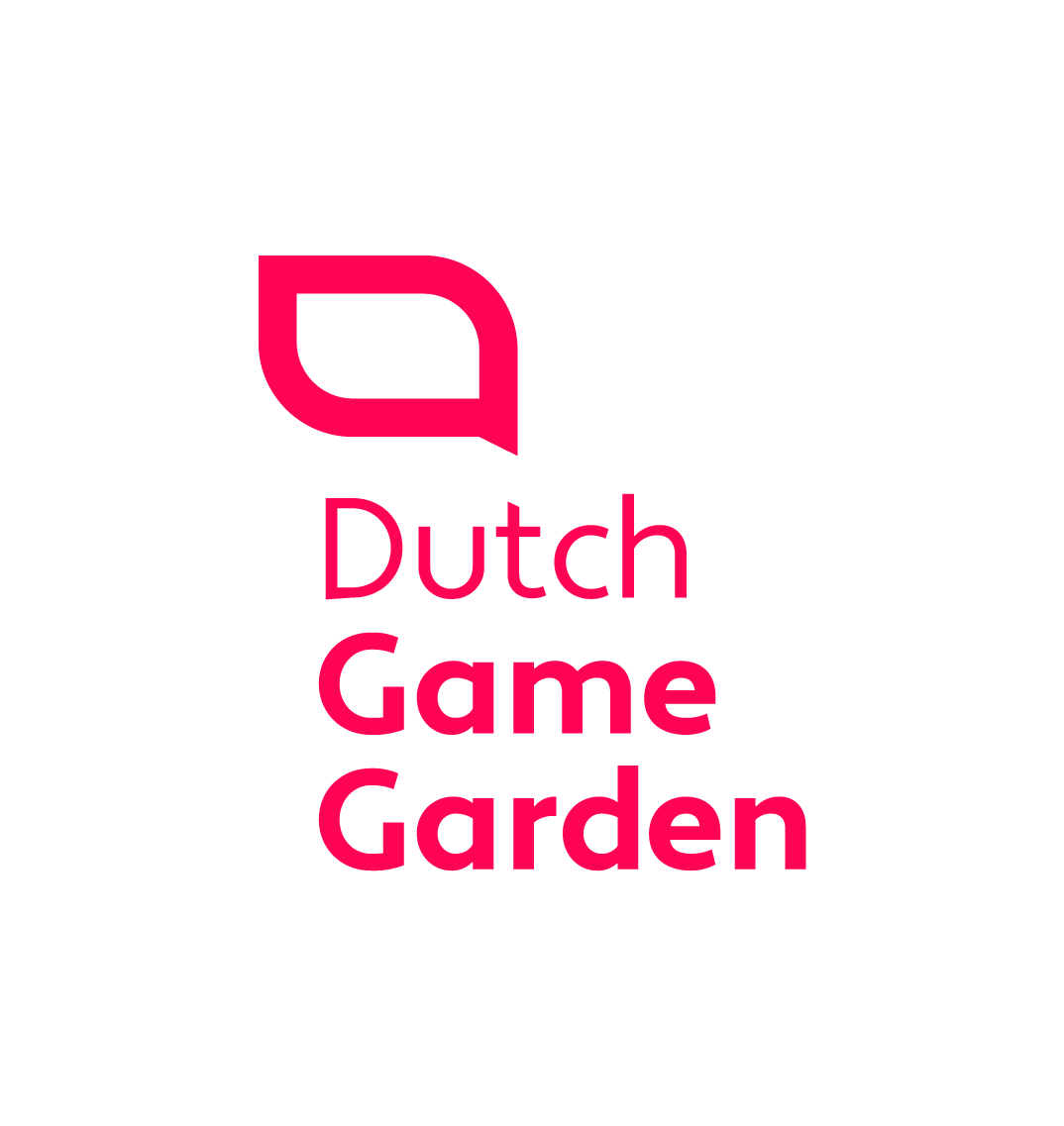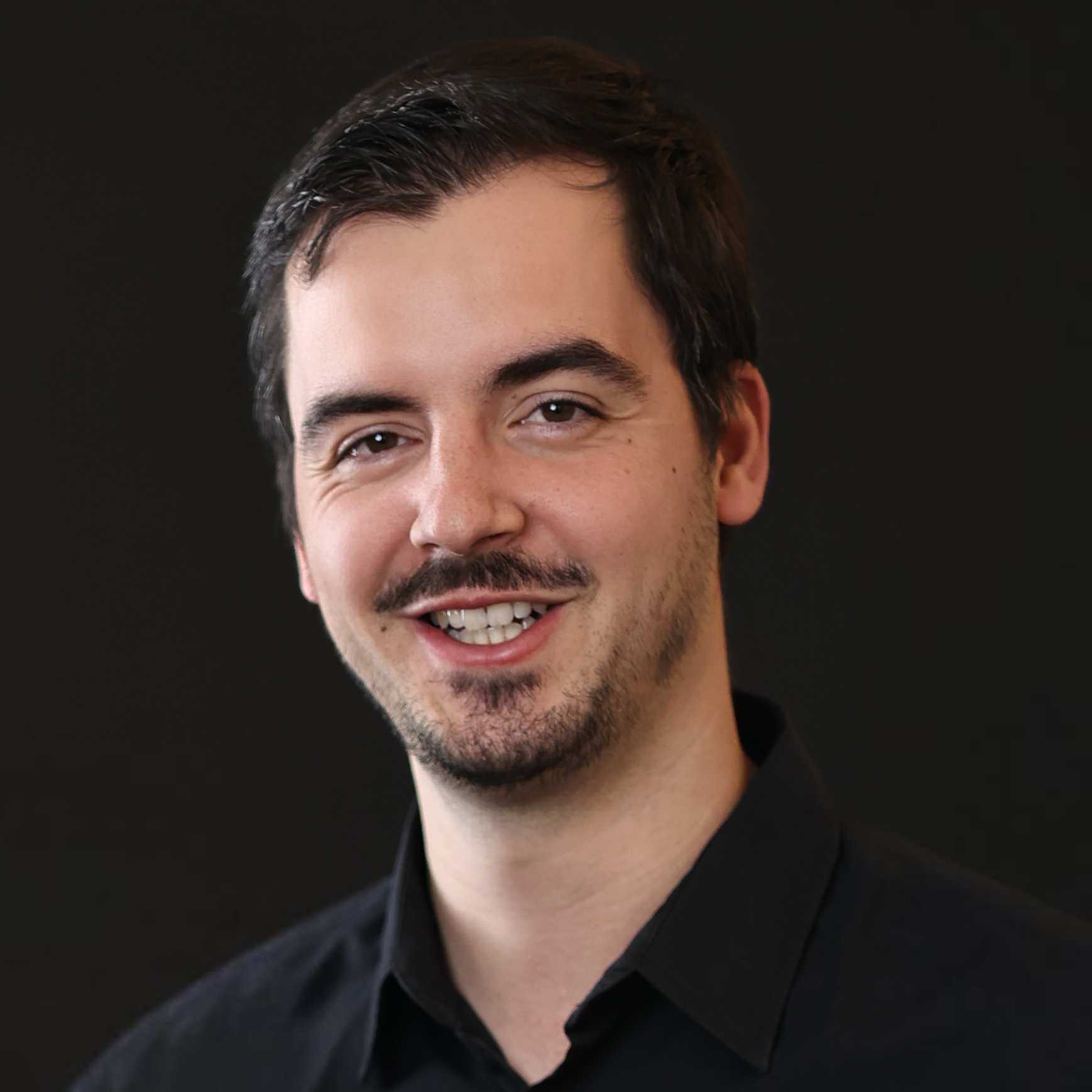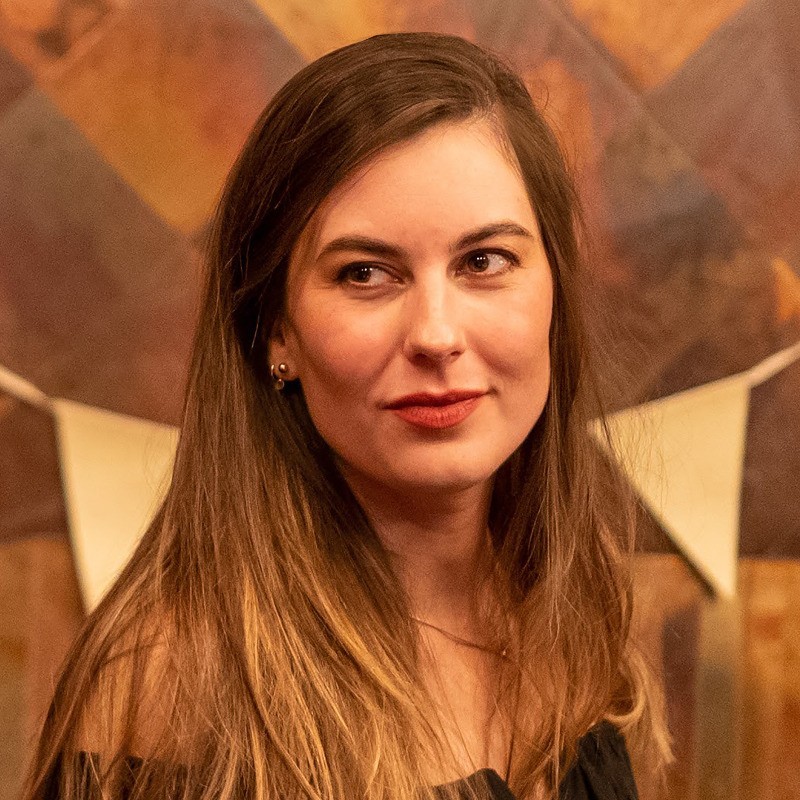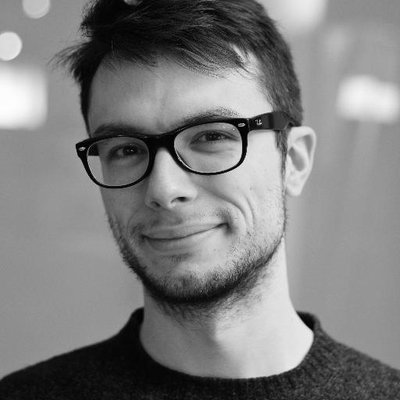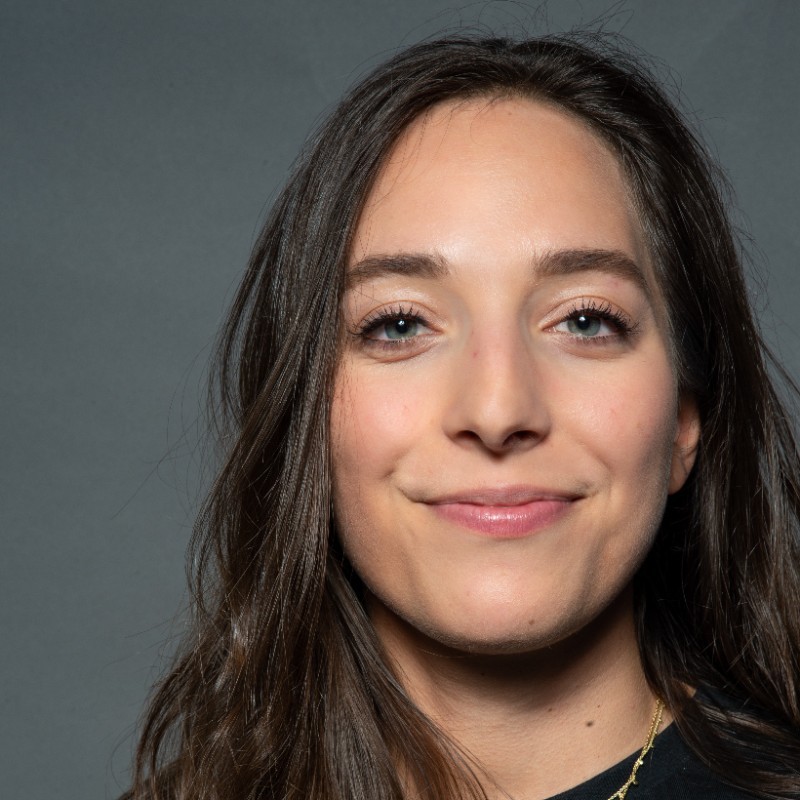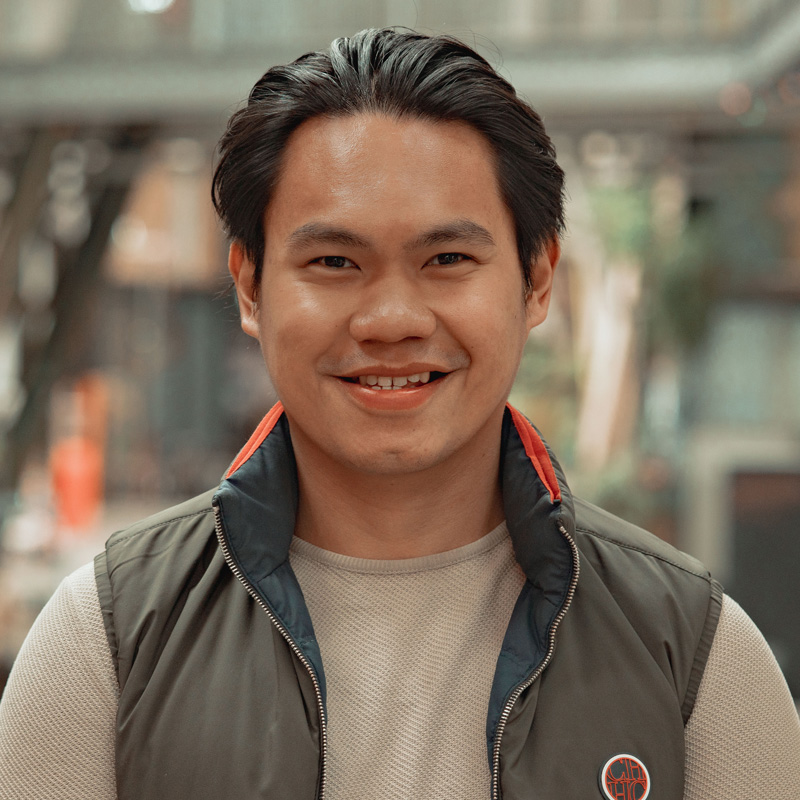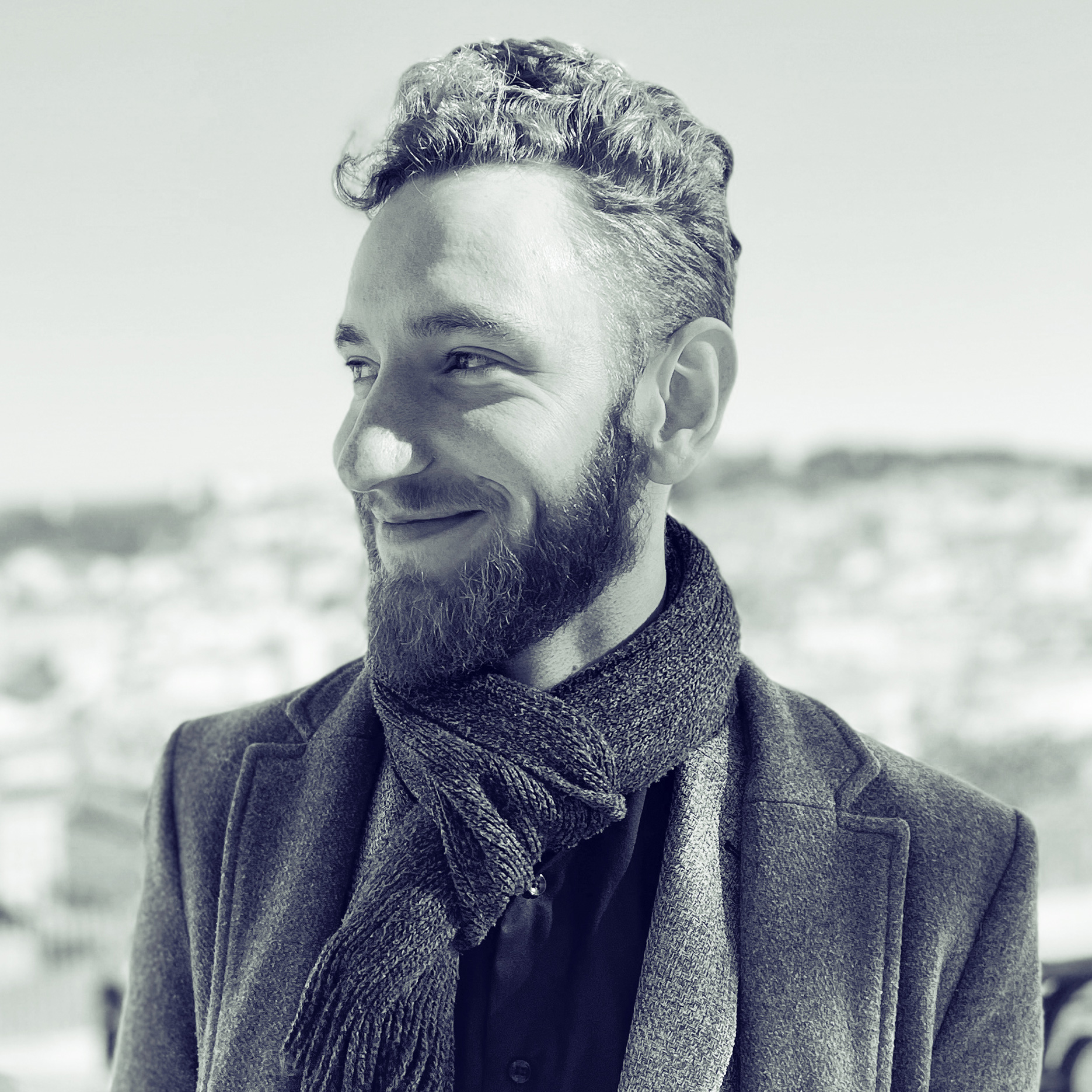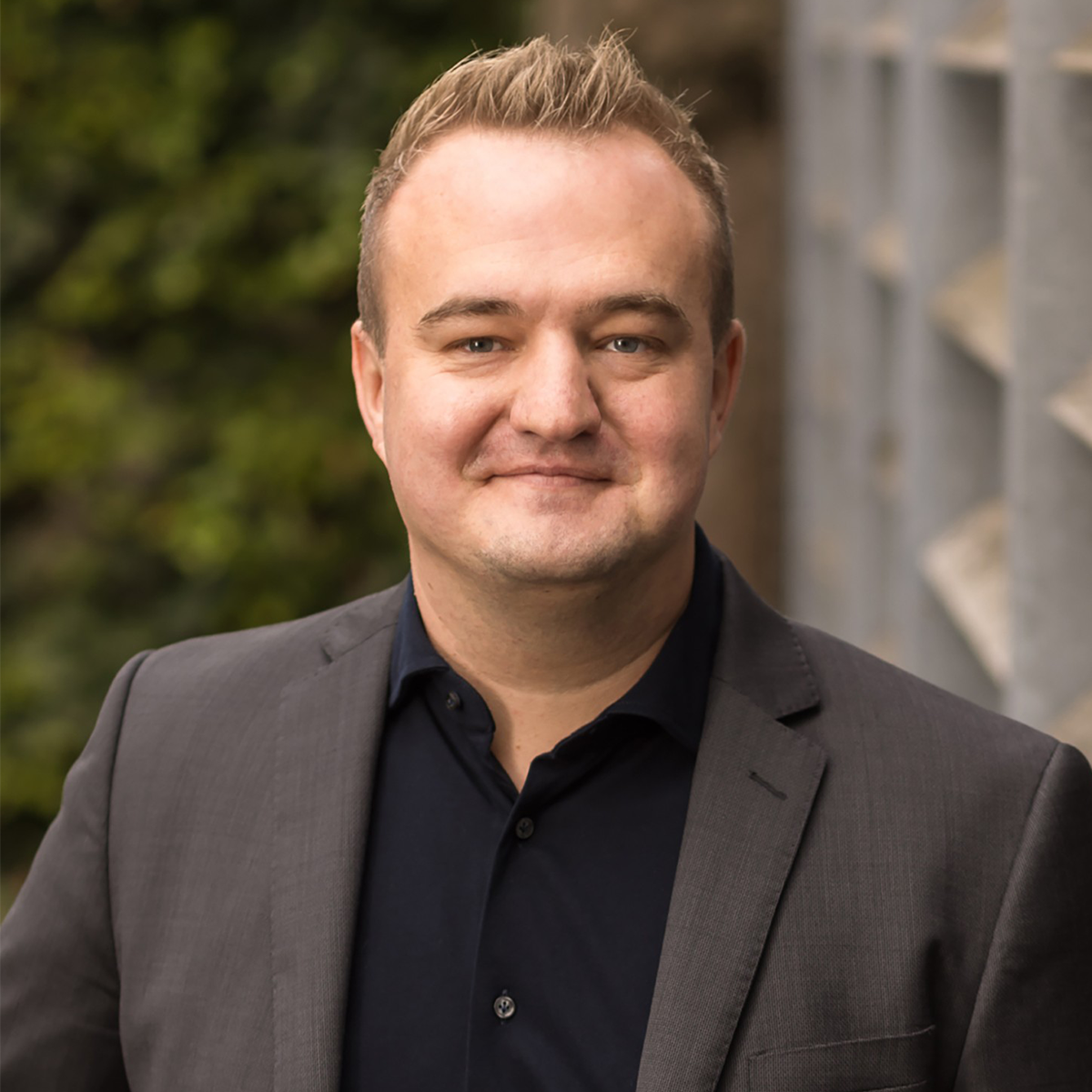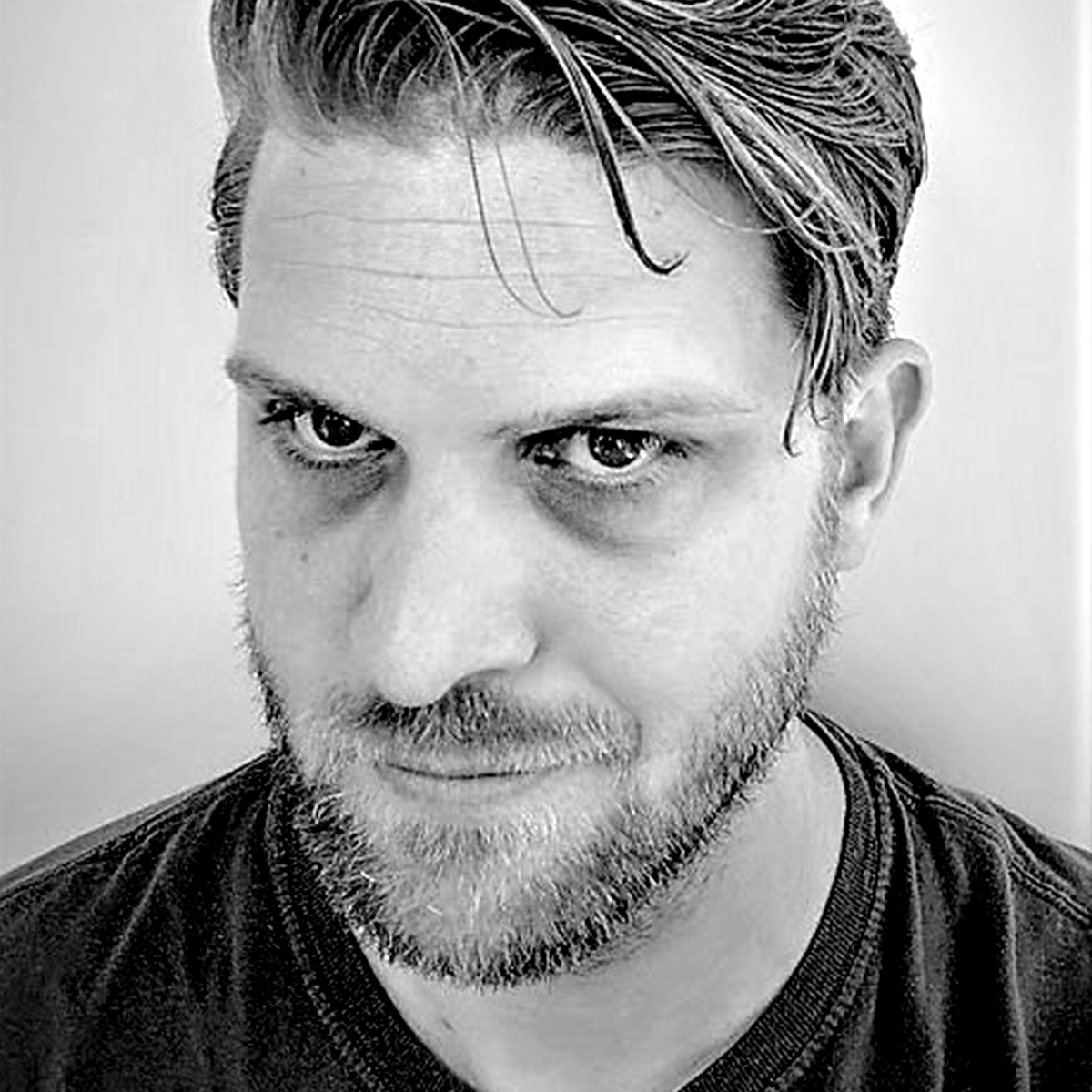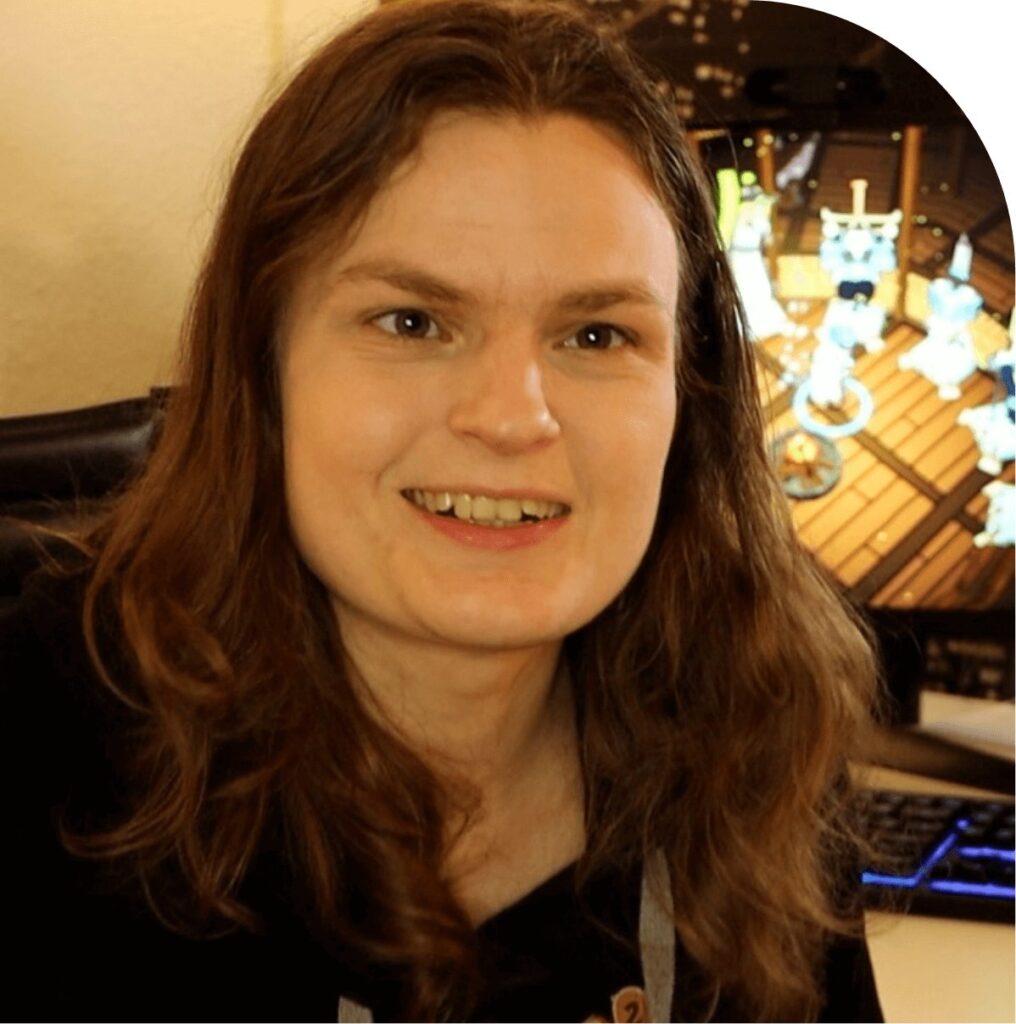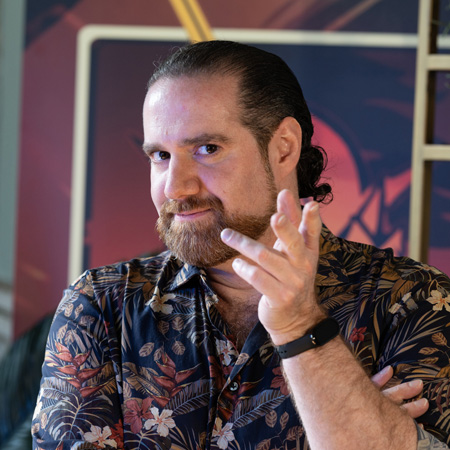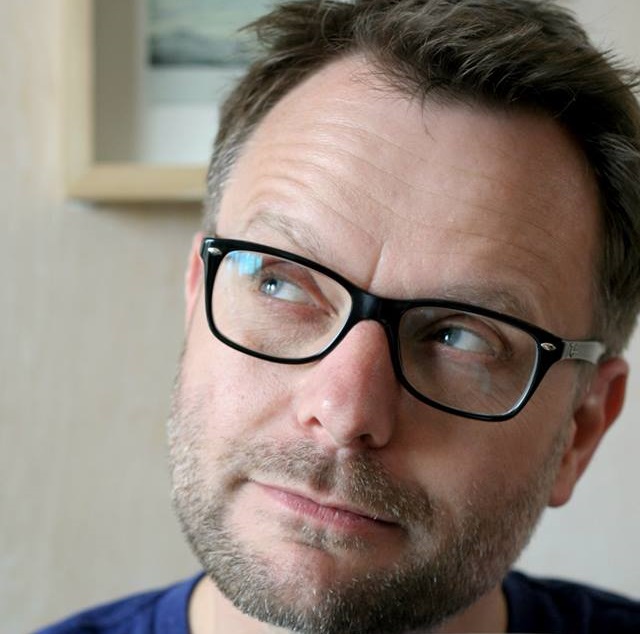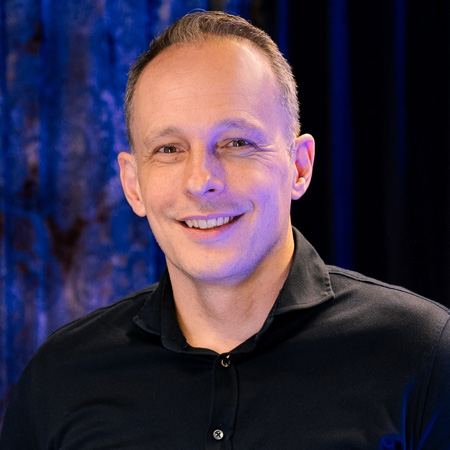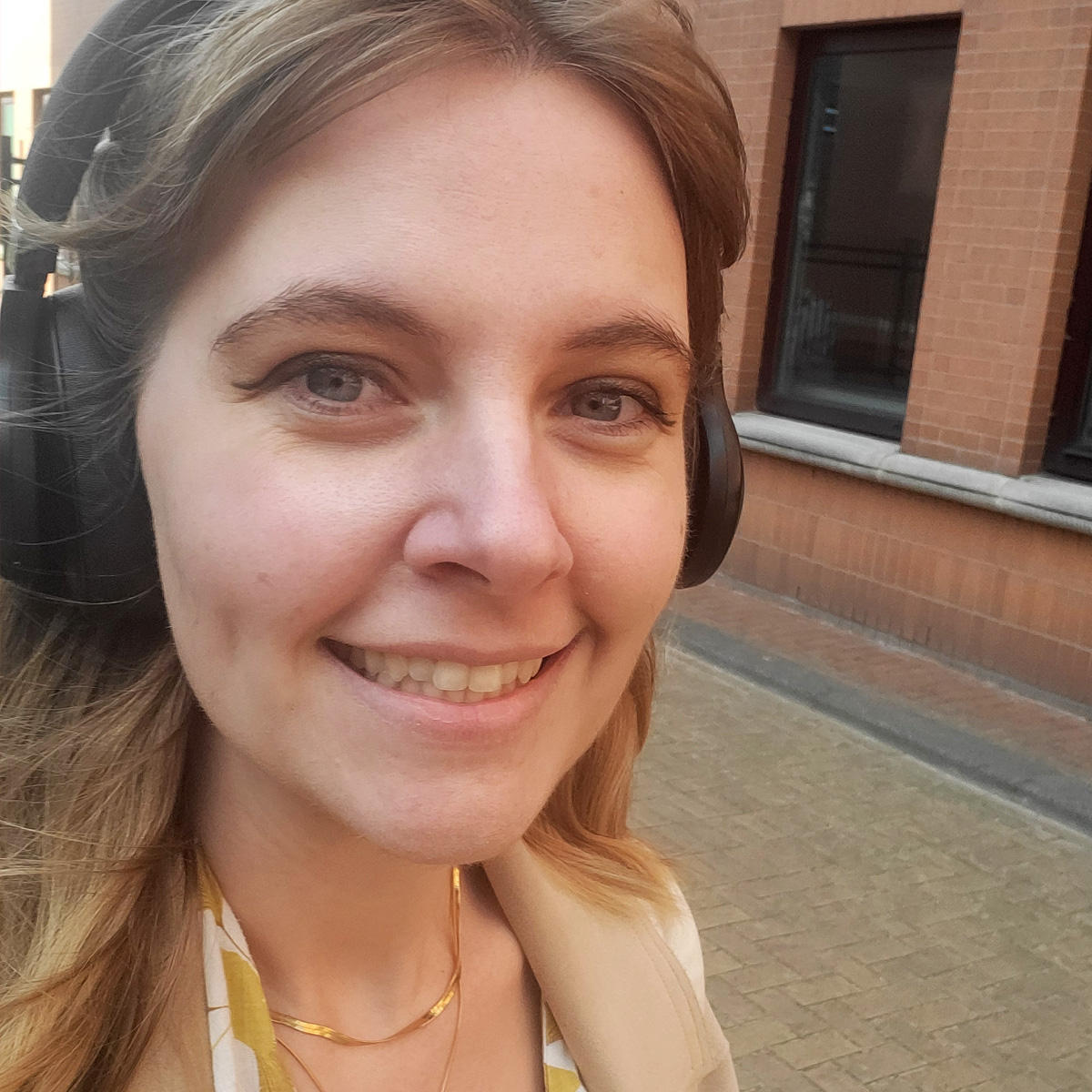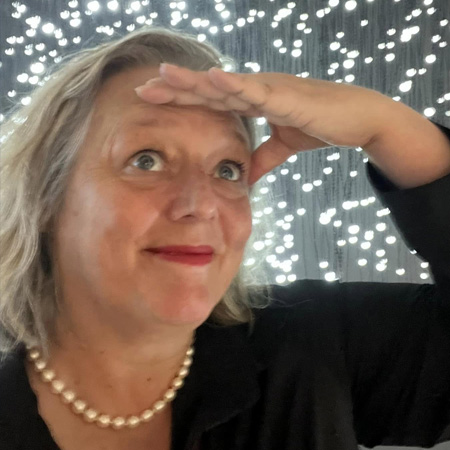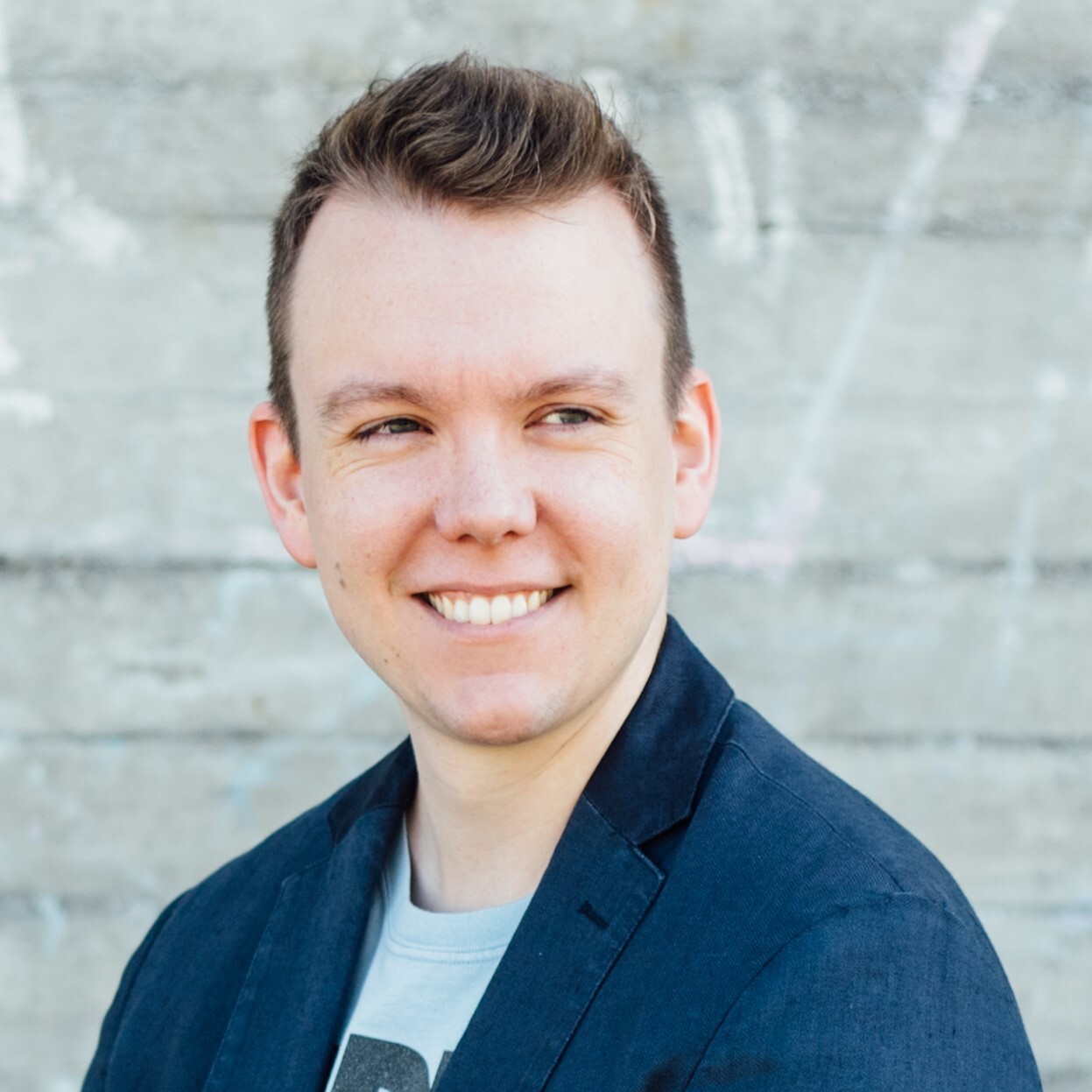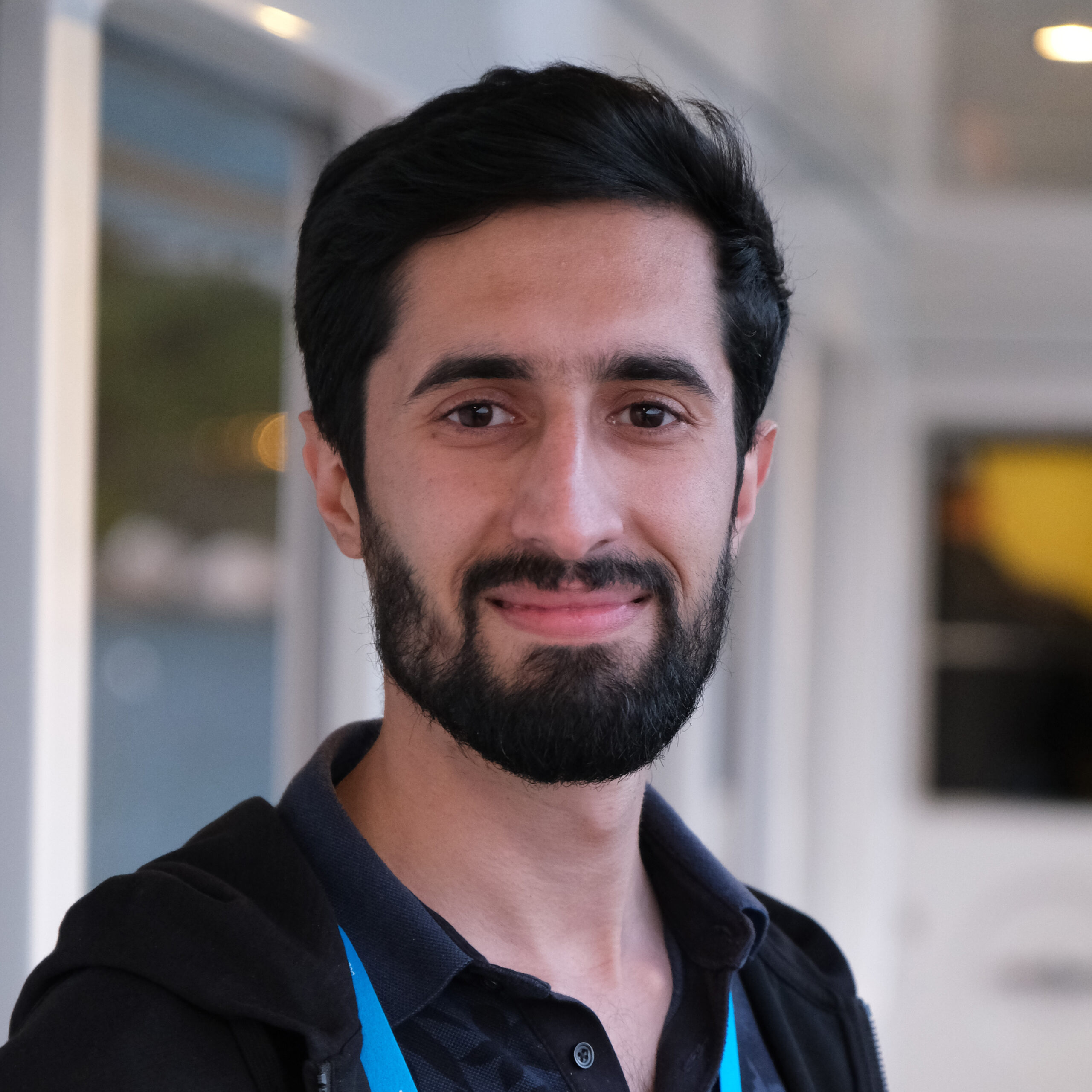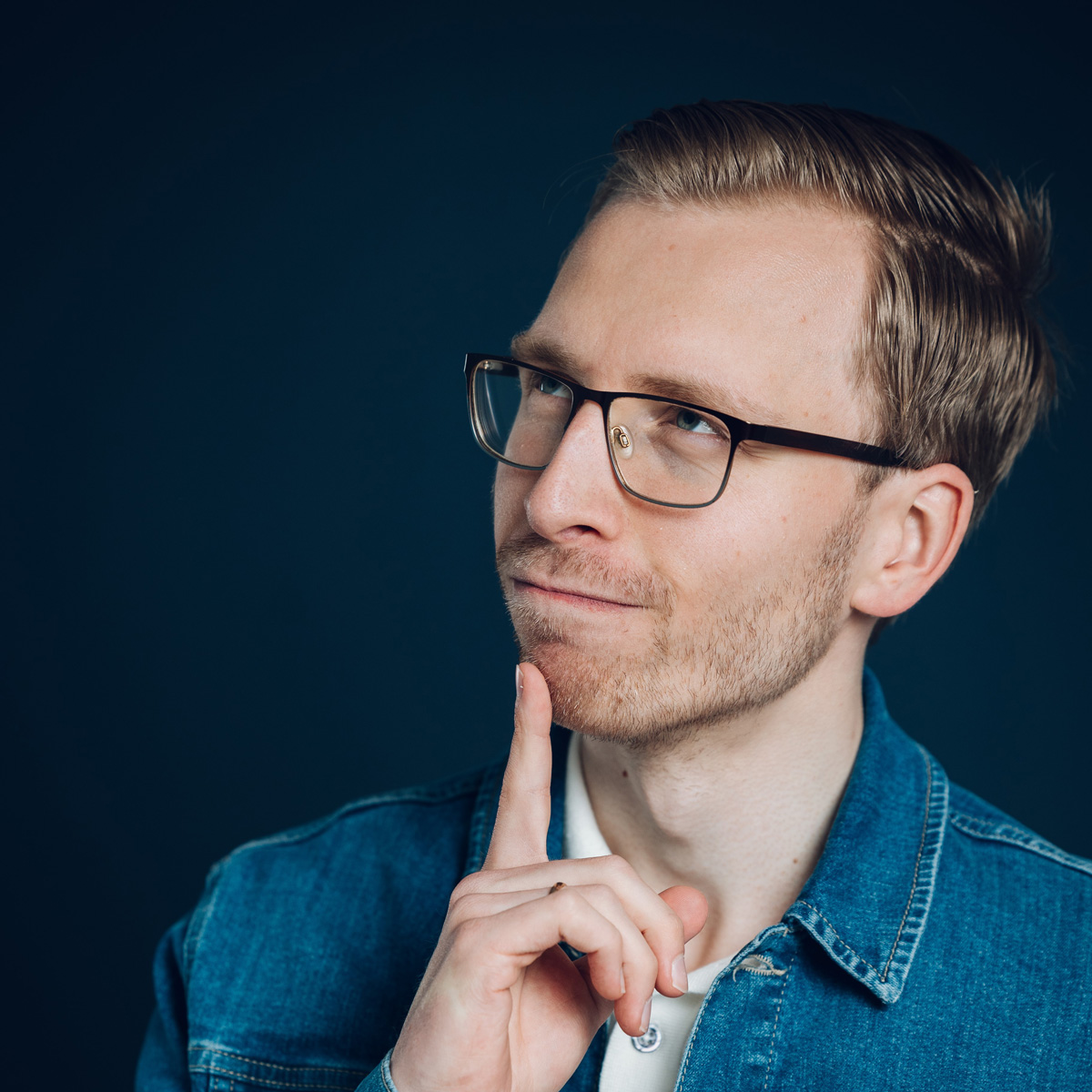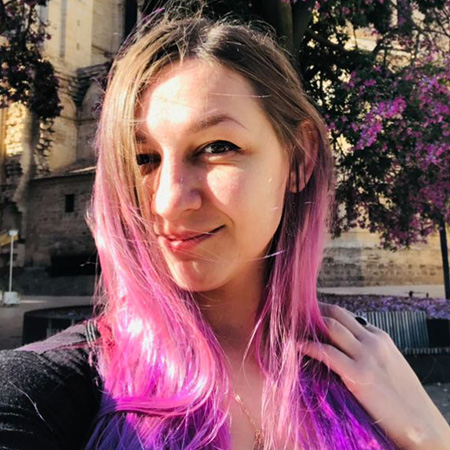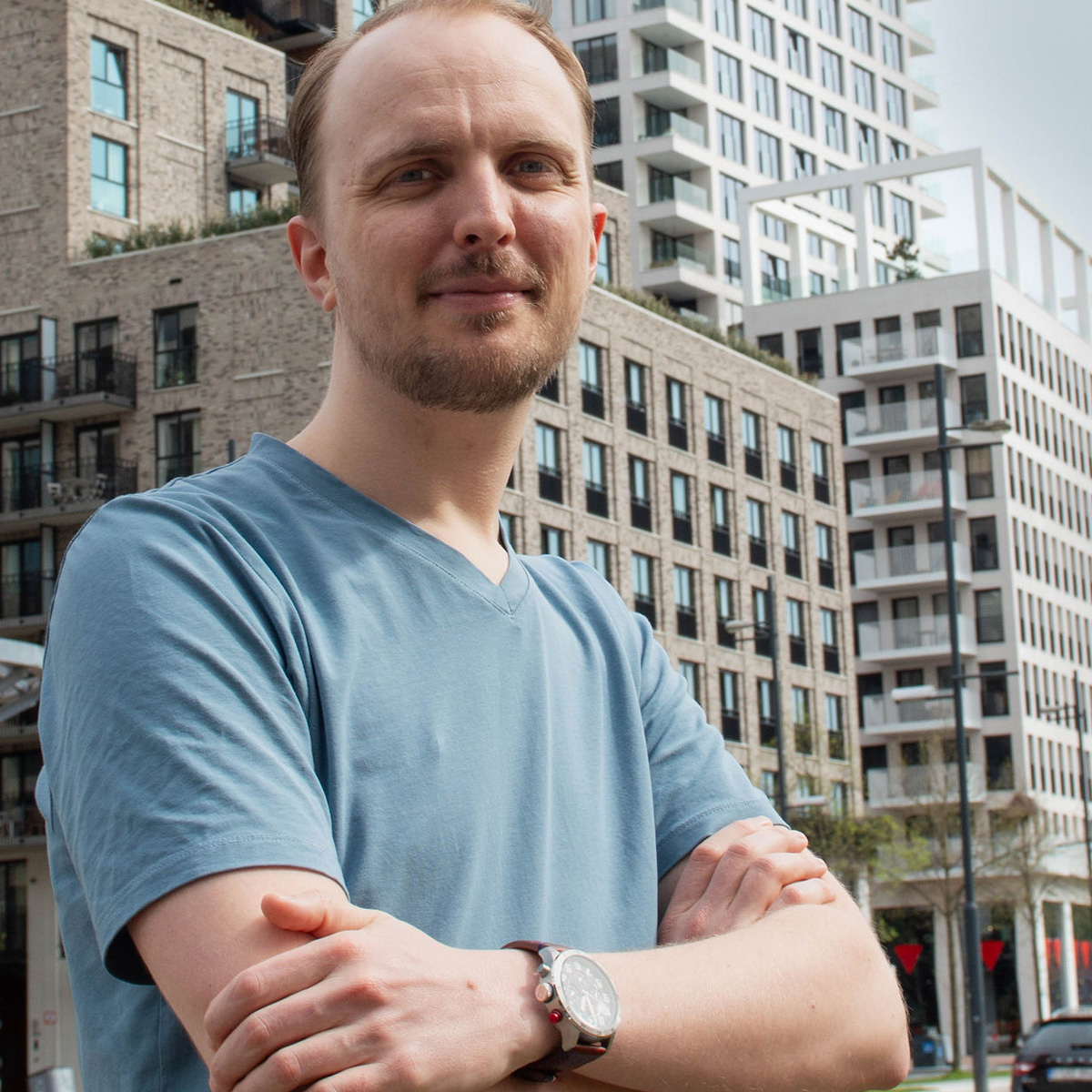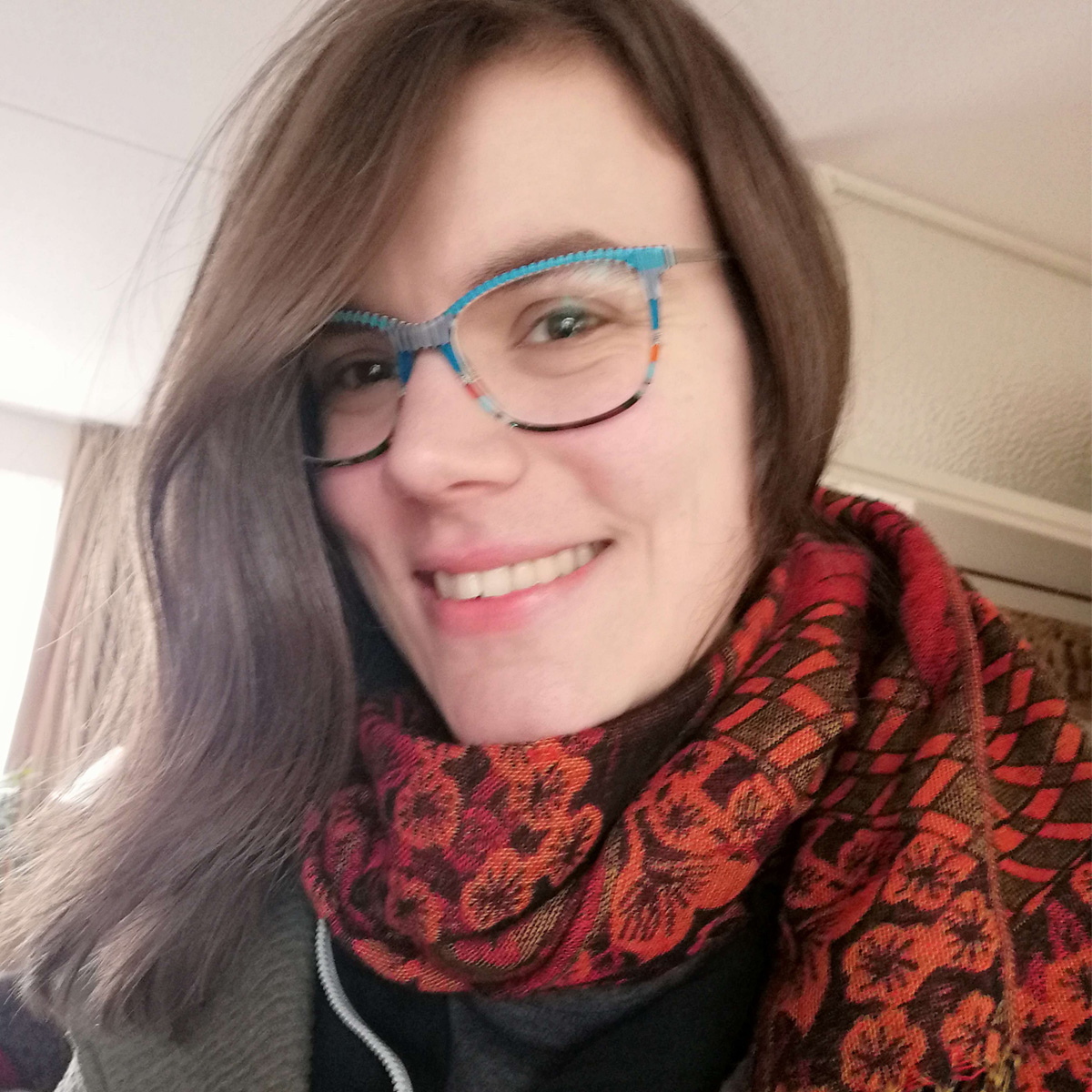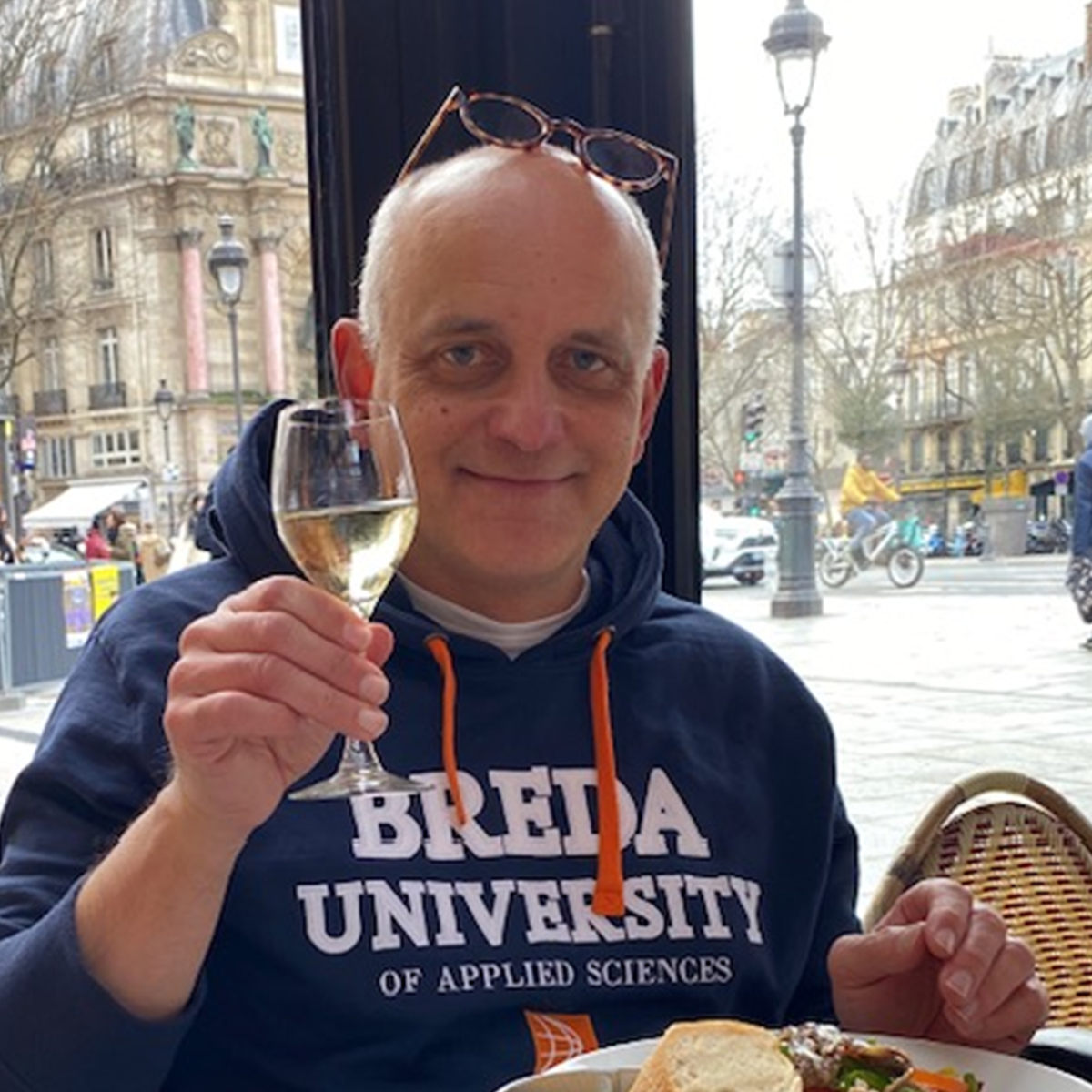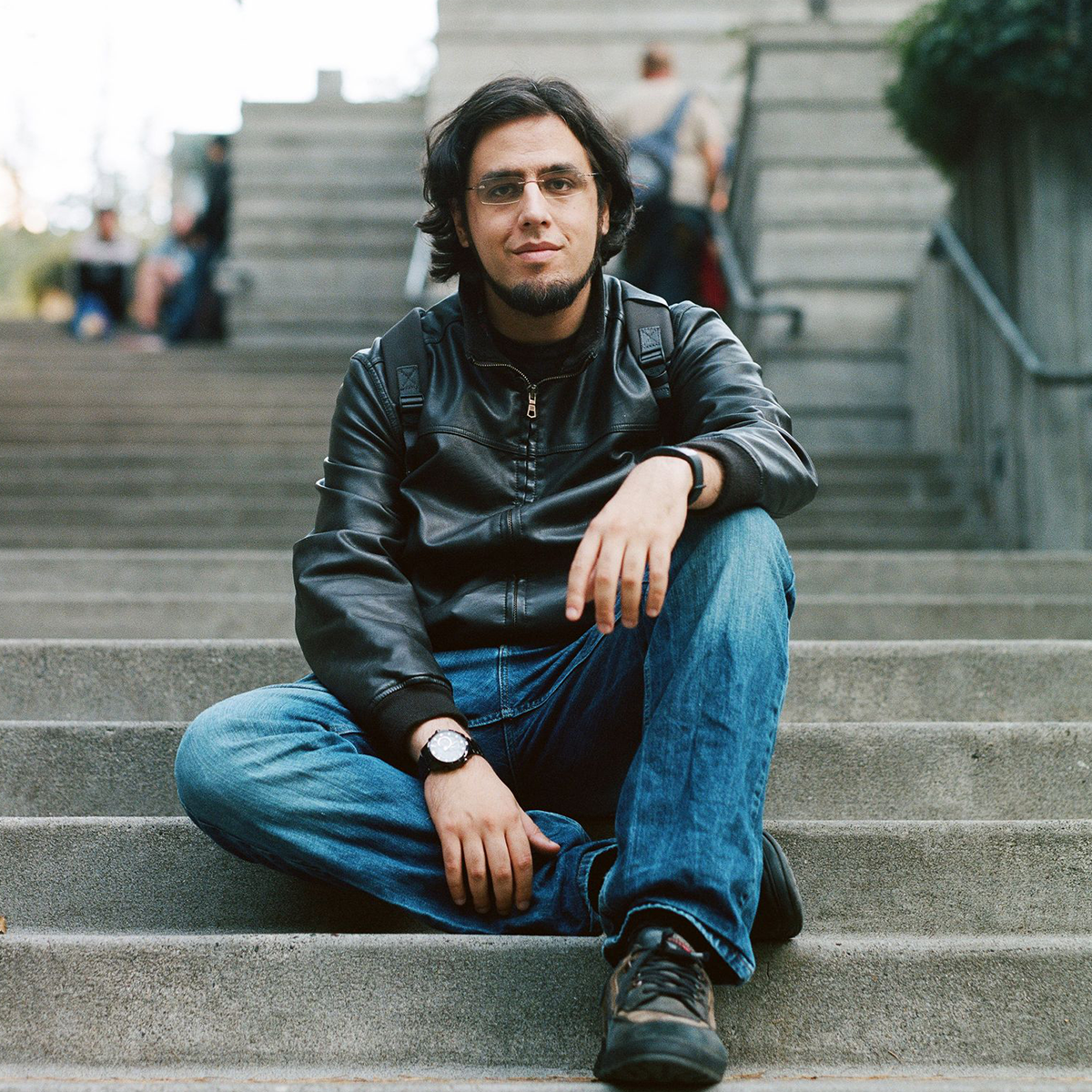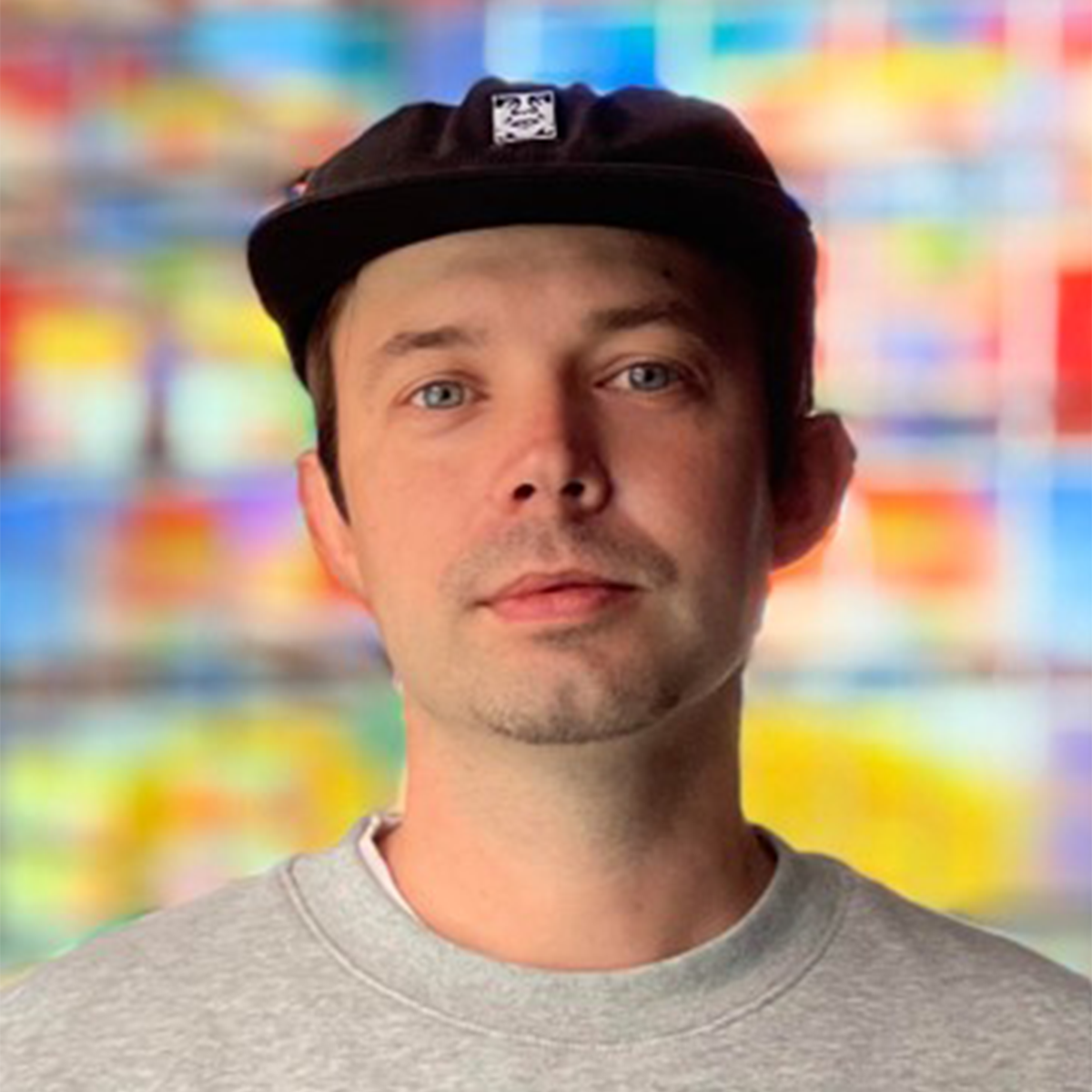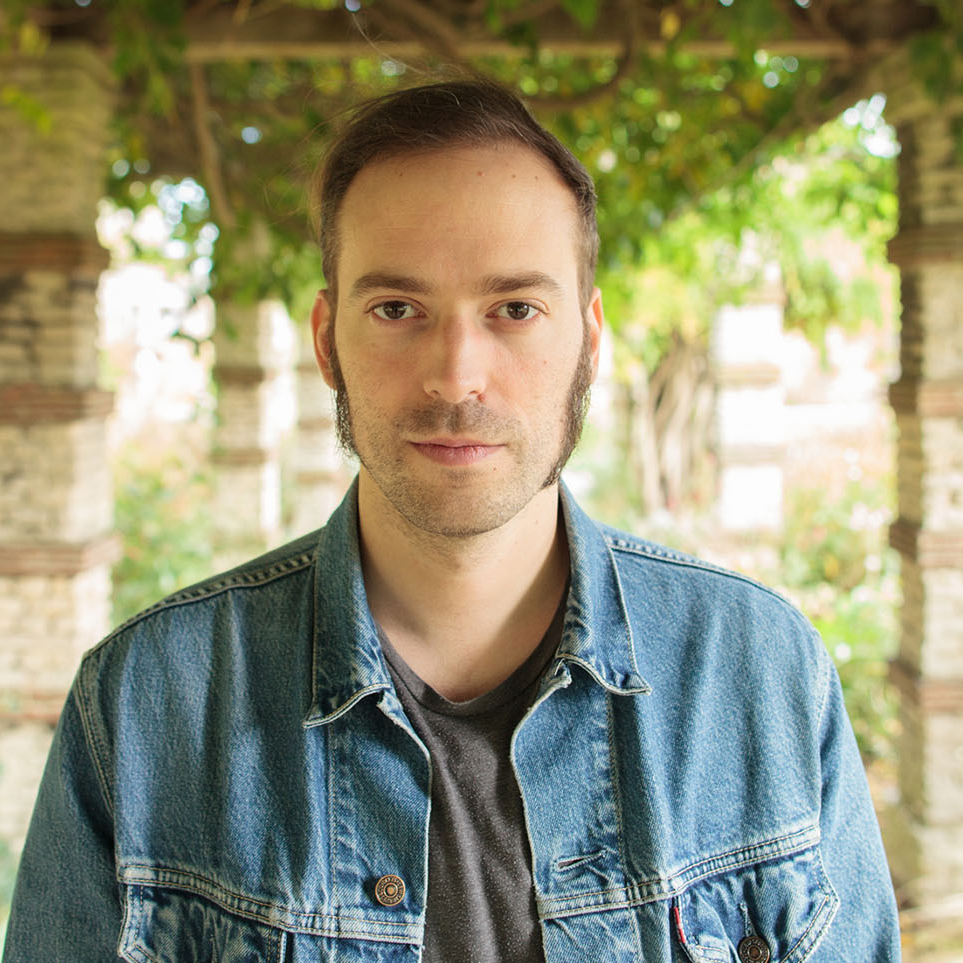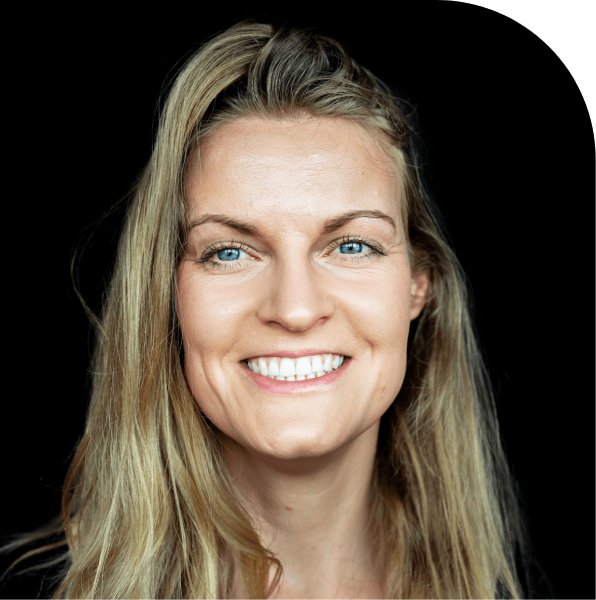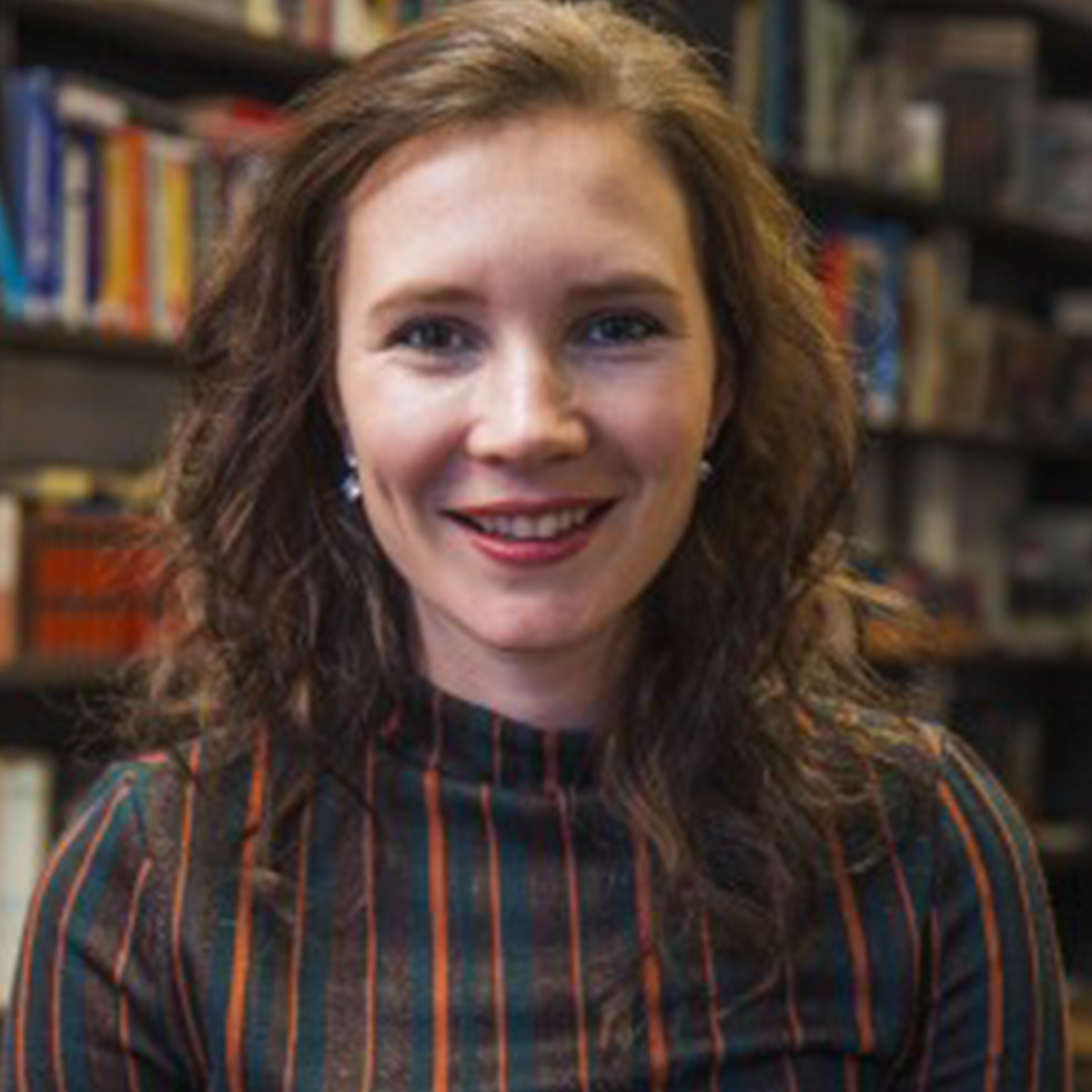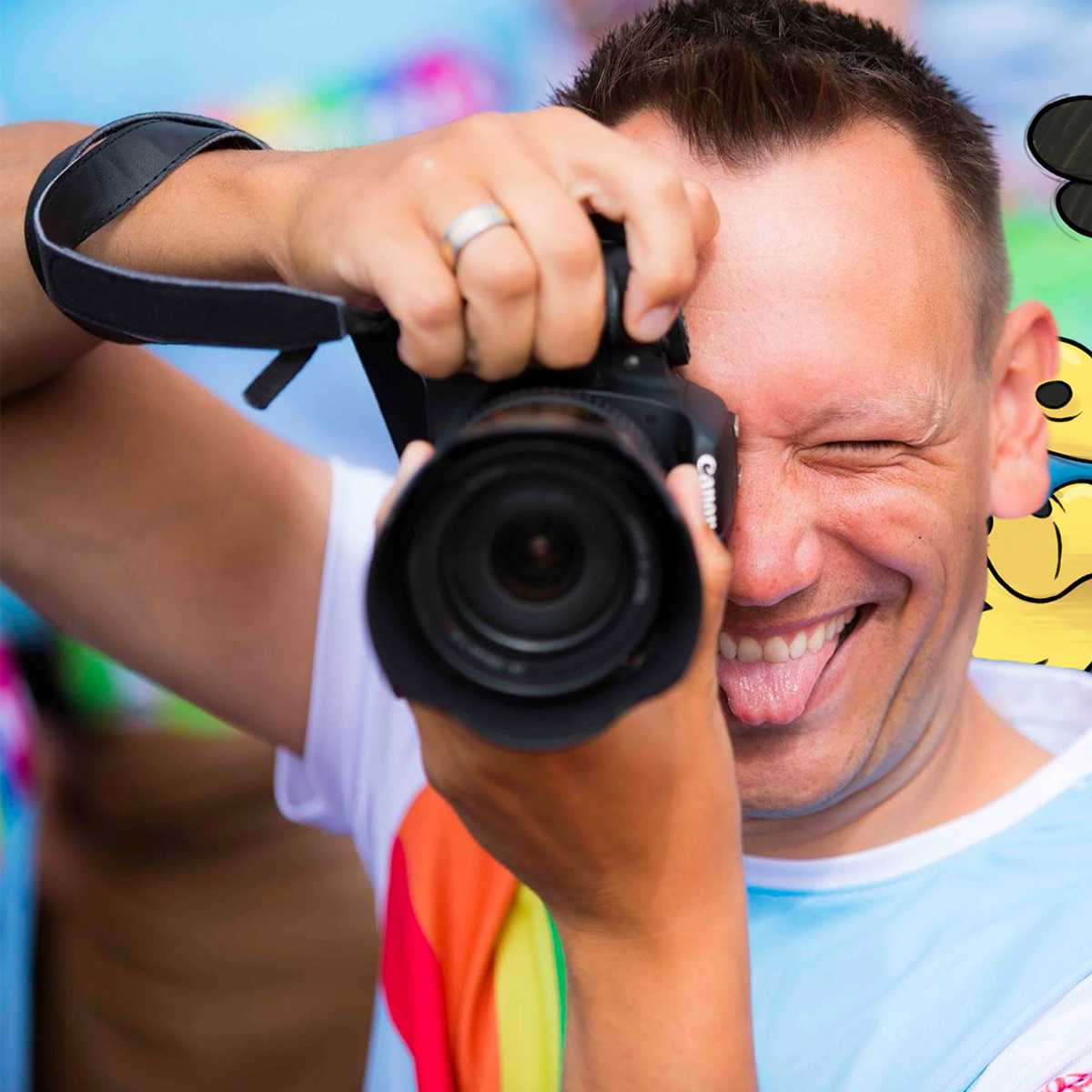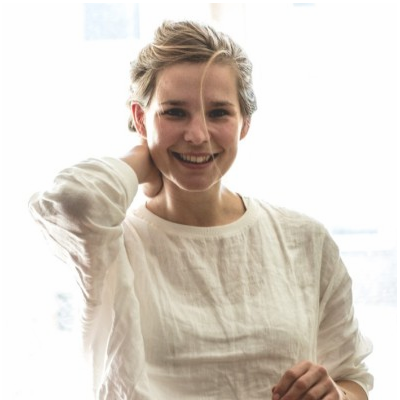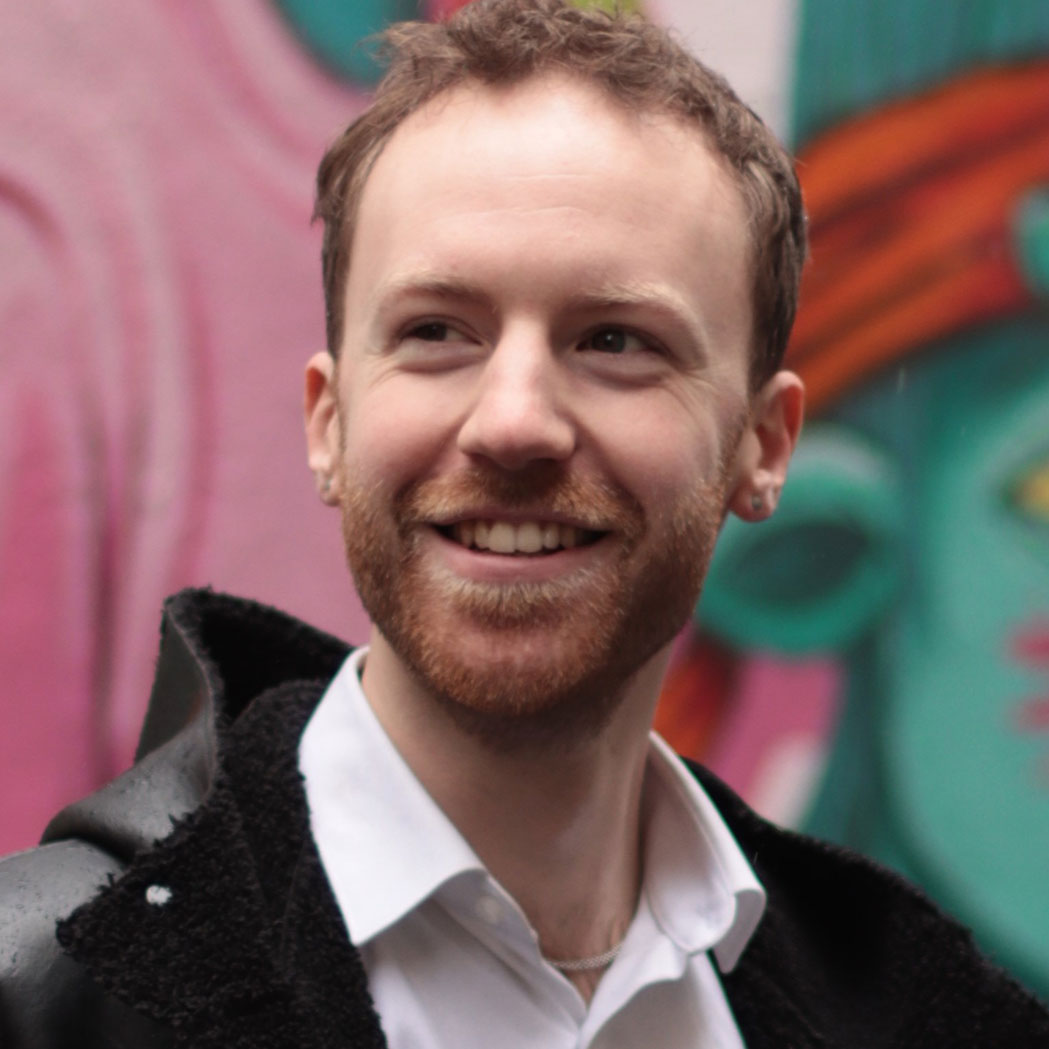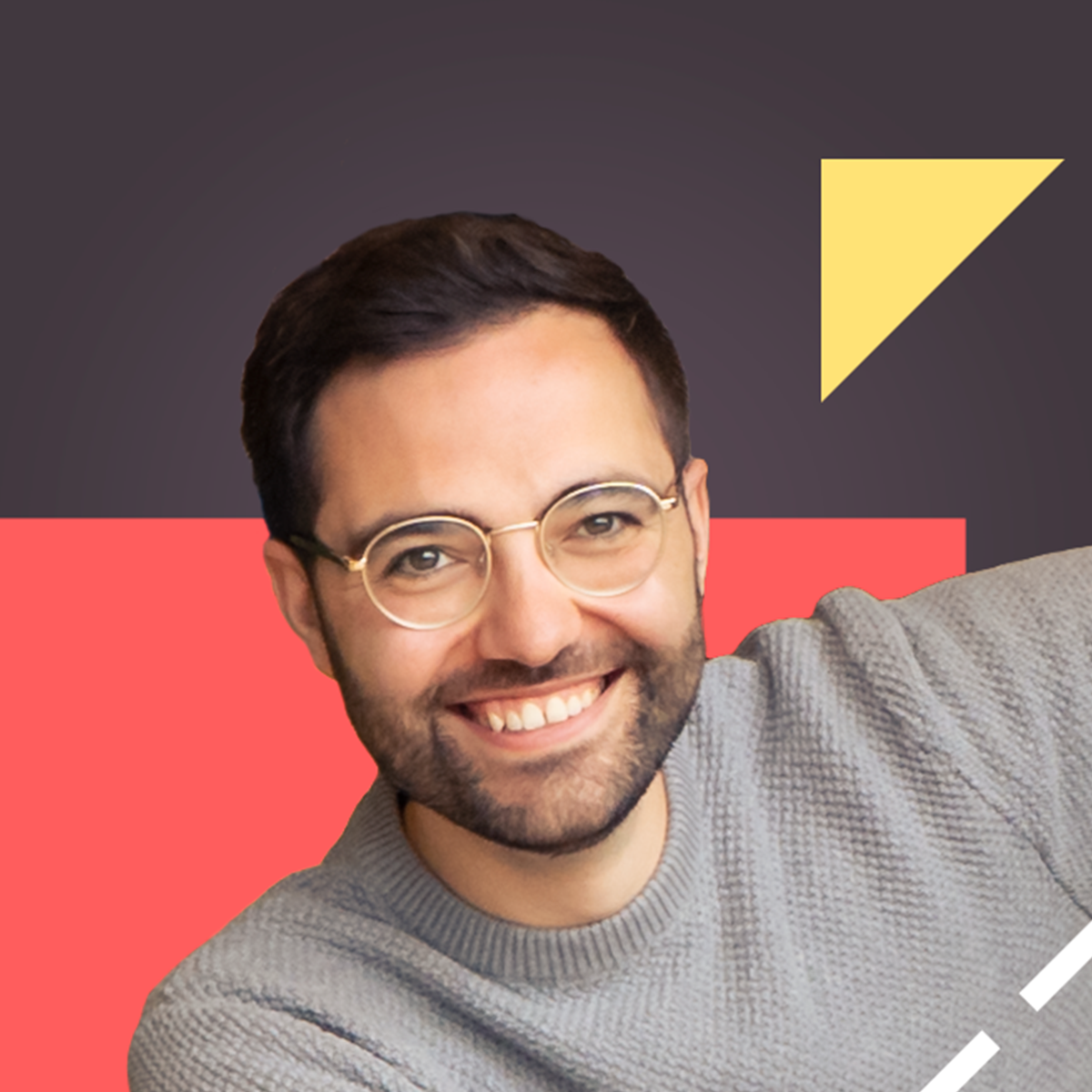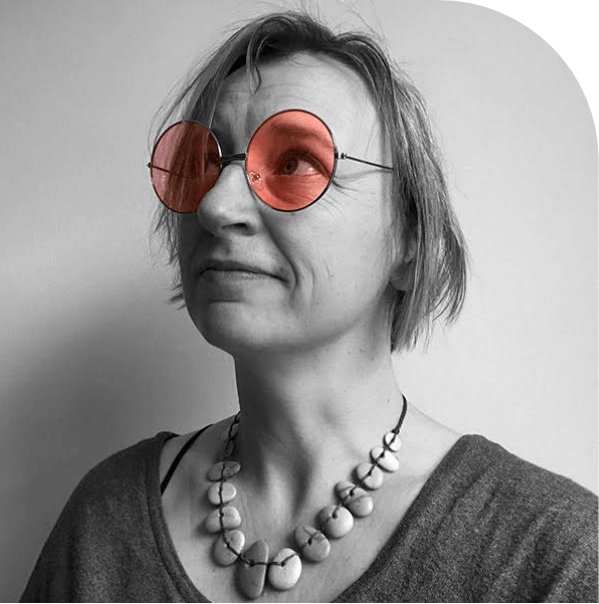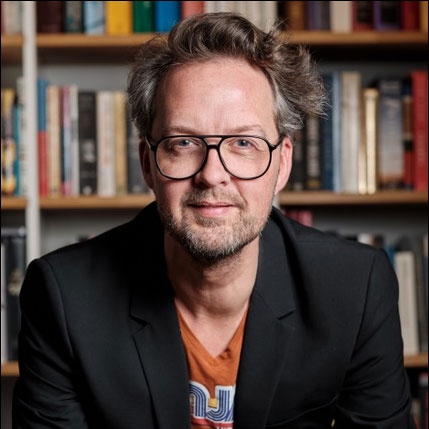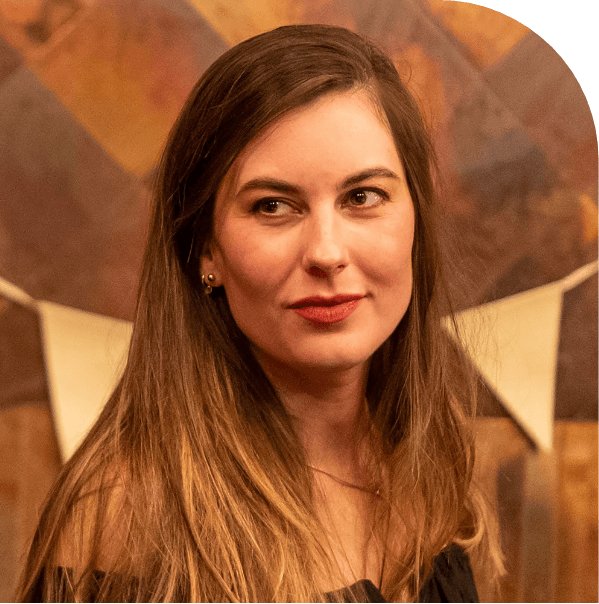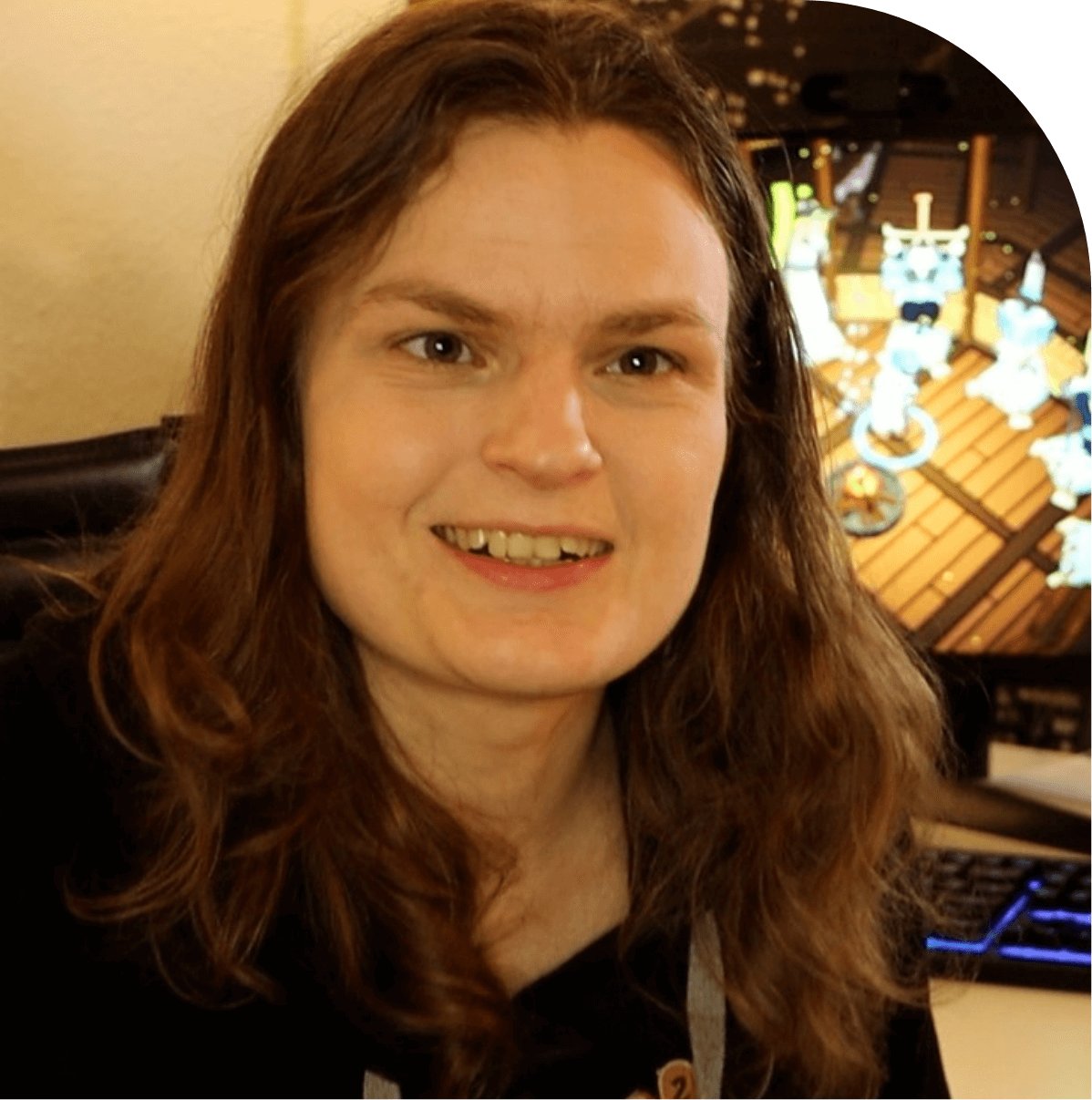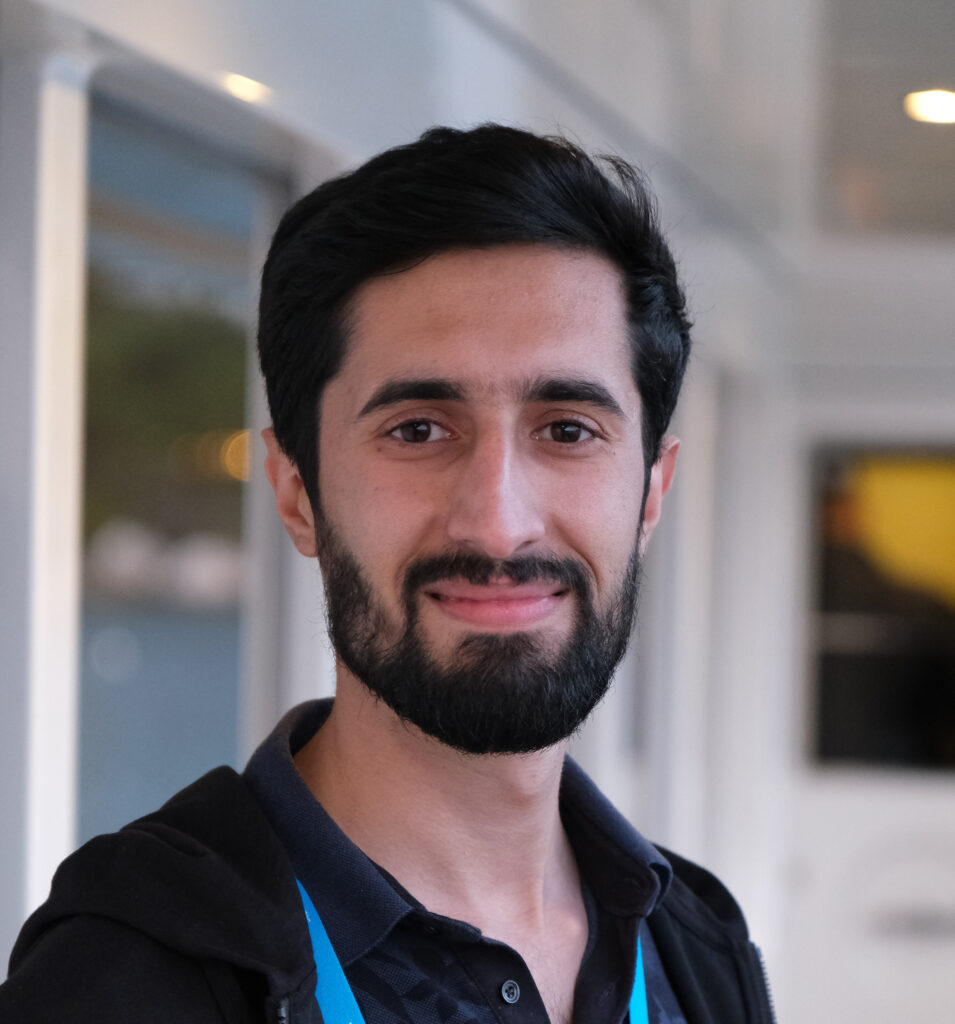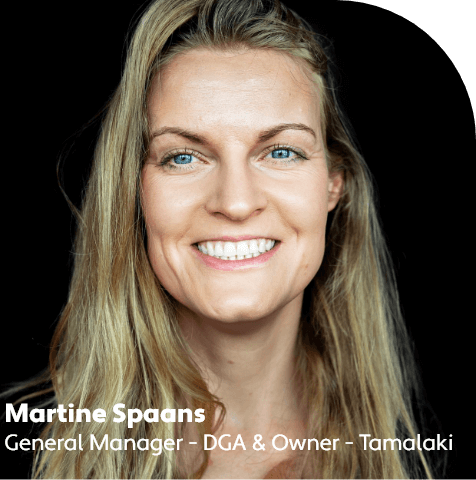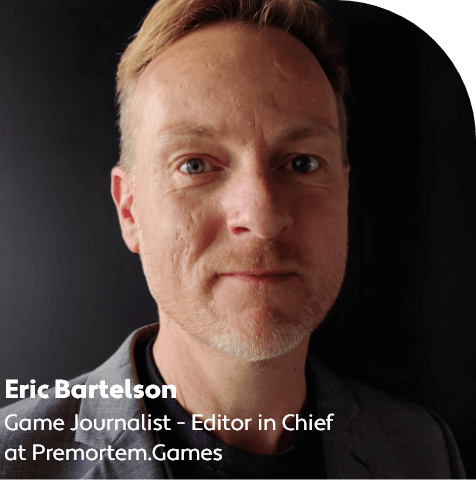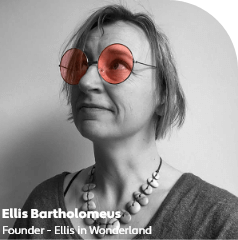
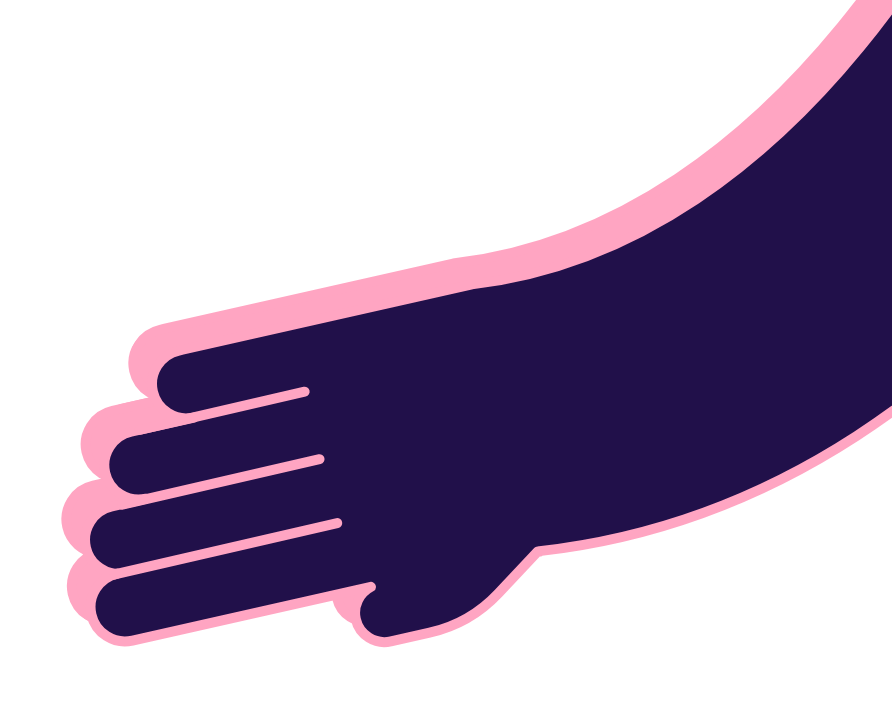
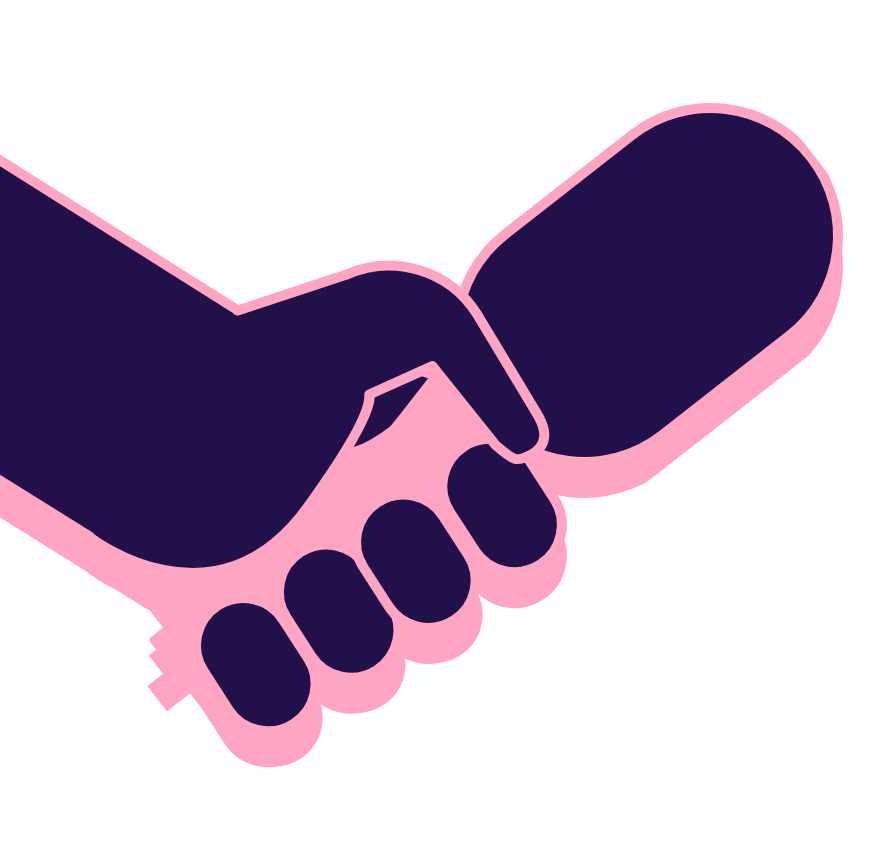
TALKS
Join INDIGO Talks for everything you want to know about game design, -business, -tech, -art, -marketing, and serious games.
Find the speakers and the schedule below!
2024 Speakers
Hosts
TALKS PROGRAM
INDIGO 2024 PROGRAM
Kick-off of the INDIGO 2024 event!
We'll hike through the design process of Alba: a Wildlife Adventure from the idea generation to prototyping, creating vertical slice levels, game mechanics, narrative design... all the way up to the game's release, with special attention to all the challenges the game presented and the many changes the team had to make to the game along the way, in an effort to merge fun and engaging gameplay with the real life values and issues of the game's core identity.
Over the years Blender has gone from “underdog” to “the standard” for many aspects of 3D content creation. As adoption grows, the project deals with the challenge of keeping innovation, reliability, openness and independence in balance. In this session, Francesco will discuss topics such as ongoing and upcoming development, content-driven development and Blender’s strategy to ensure a sustainable future for the project and its community.
An insight into how the world building process is done at Larian Studios.
Join us for an enlightening session that demystifies the complexities of internet connectivity and performance, tailored specifically for game developers. We'll explore the known-unknowns of internet cables, datacenters and the backbone, explaining how data packets travel throughout the world from one player's machine to another. Learn about edge computing, the critical factors affecting latency, and why fast, efficient connectivity is essential for real-time gameplay. We'll discuss the importance of peering, compare the benefits of bare metal servers versus public cloud and give you an insight into the dark forest of game hosting. Using relatable analogies and practical insights, this talk will equip you with the knowledge to enhance your game's online performance and deliver a superior experience to your players.
In under 20 minutes, learn the 5 common mistakes that are stopping you from getting hundreds of thousands of dollars in publisher or equity funding.
The current state of the industry illustrates that the video game industry does not only have opportunities, but also some significant risks in case of an economic downturn or unforeseen circumstances. In this master class, you learn about possibilities & pitfalls regarding protecting your intellectual property with the way you legally structure your studio
Triumph Studios co-founder Lennart Sas shares learnings from his three decades in the games industry leading up to Age of Wonders 4: The hard knocks, the significance of fans, recurring revenue and the development approach using the Paradox A.L.I.C.E. Game Pillars.
This talk will focus on a mix of the "why" (roleplaying, agency, replayability, connecting systems) and the "how" (the systems we use to facilitate narrative) specifically within Age of Wonders 4.
Many game developers struggle with coming up with evocative and effective names for their characters. As a game writer/narrative designer, I want to share my approaches towards finding a character's perfect name. I did a 10-minute version of this talk at this year’s GDC, but would love to do an extended version at INDIGO.I focus on the following aspects:UX Players should enjoy the name (or hate it if it's a despicable villain) and find it easy to use. They should remember it during and after play. The name should be familiar enough without being derivative, and sufficiently distinctive without being overtly complicated or unnatural. Technical limitations Different genres and platforms require different types of names. In mobile games, there is barely room for text on the screen. I am used to character limits of ~80 per sentence, so a name like Christopher takes up over 13% of the allowed characters per phrase. Worldbuilding/Narrative I like to think of the character's parents. Parents give their children names they deem appropriate or beautiful, or names that they believe will give their children an advantage in their life or career. A name can reveal much of a character's socio-economic background.
You've all heard it in 2024. Companies going bankrupt, workers getting unceremoniously laid off and even games getting delisted for tax break. In this session Willem Hilhorst and Wytze Koppelman from Beeld & Geluid will be examining the challenges that games preservation faces and how Beeld & Geluid works to revive long lost titles from Dutch games history. Whether you're a developer, publisher, a historian or a player, you'll learn more about how we examine the 'dead' and what you can do to help grow our understanding of our favorite medium.
Inspired by interviews with 32 indie developers from a wide range of fields and expertise, this talk weaves the unique success stories of these indie developers into a comprehensive analysis of the challenges and achievements during their indie game development journey. Attendees will learn about key pitfalls these developers have experienced in addition to the strategies and mentality required to guide them forward along this ultimately rewarding path of growth and challenge. This session will cover the keys experiences concerning target audiences, working with publishers, marketing, scope, teamwork, impact, and risks.
Join us for the INDIGO Award Ceremony in the Expo Area
Kicking off the INDIGO 2024 event!
As an engineer by heart, venturing into the business side of the games industry was a real eye opening experience.Together, we will explore what you can expect starting out in the game industry business development world. We'll also talk about how at Black Cube Games, we manage our internal projects alongside finding money and co-development projects in these turbulent times.
In this talk, Romy will dive into the challenges faced by both developers and ‘business people’ as they navigate the constantly shifting landscape of balancing business needs with creative aspirations during game development. From indie studios to established AAA developers, finding the sweet spot where artistic innovation meets financial viability is a huge challenge during game development. Romy will discuss the various tensions that arise, from budget constraints and market trends to artistic integrity and player engagement. Romy aims for attendees to walk away with new insights into effective approaches for reconciling these seemingly opposing forces.
Video games are a collection of ideas, decisions, and experiments, most of which aren't very good in the beginning. The faster a team can generate and weed out the good from the bad, the more efficiently the team can create a good game. Most games centralize both idea generation and decision making, slowing the process substantially and dramatically increasing the cost of development. This talk will cover the principles that enable efficient distribution of the decision-experiment pipeline, and several case studies reinforcing it.
Apart from the current layoffs, there is still a talent shortage & competition both for job seekers & studios looking to attract quality talent. From unpacking the underrated strength of the candidate experience amongst other strategies that will help you stand out with little cost as an employer to being a job seeker on the market who is looking to stand out: this presentation will equip you with the tools to emerge victorious.
An informative retrospective of how our approach to making characters has changed over the last decade at Guerrilla. Covering the journey from launching Killzone Shadow Fall on the PlayStation 4, all the way through the latest release of Horizon Forbidden West: Burning Shores.
One of the first things you should look at when considering being acquired or considering an acquisition is the studio’s corporate culture and whether it would be a good fit with yours. Culture influences team dynamics, customer service, talent acquisition, and so much more all of which are vital components of a company’s success. Maintaining your culture as your company grow is critical. Throughout this talk, we will delve into the importance of aligning values, norms, and behaviors to foster synergy and maximize the potential of newly merged entities. Drawing from Behaviour Interactive’s Codeglue acquisition, we will explore the challenges and opportunities that arise during the integration process, highlighting key strategies for overcoming cultural barriers and fostering a cohesive corporate identity. Join us for an insightful discussion on the steps of navigating acquisitions, with a profound focus on the pivotal role of cultural integration.
We will look behind the curtains of the seamless cross-platform multiplayer matchmaking system for Gigantic: Rampage Edition. We'll see how it functions, what it considers and how kubernetes integrates it in our workflow. You will go home with ideas how to simplify your puzzle and get players in game.
Working in Game development comes with its own challenges resulting in mental problems which many of us might feel overwhelmed with or insecure about. With the background of psychology this talk is intended to serve as a guide to shed light on some of the most common mental challenges and tips on how to deal with for example lack of motivation, concentration, work-life-balance, sleep, insecurities or failure.
Linn goes through some points on how to prepare your budget so that you are taking care of your team through the last months of development and foreseeing what happens after launch. By planning ahead to ensure the wellness of your team and daring to foresee some of the financial difficulties that may arise, you can lean on your budget to guide you in an already stressful time and ensure that you don't burn out your team too soon.
In this talk art director Sonja van Vuure shows how shifting artist focus from making the perfect art asset to prioritizing player experience makes for better games.
Have you ever played a game on a trampoline, held hands with another person to make geometric shapes together or used your tongue to get a highscore? In the past decade the alt.ctrl movement has inspired game developers and artists from different fields to create alternative ways of playing with the world, with games and with each other, bridging the worlds of art, technology, design and games. In this talk Zuraida will take you on a journey through several of these projects, festivals and playful experiences.
Join us for the INDIGO Award Ceremony in the Expo Area
Kick-off of the INDIGO 2024 event!
Our session will cover four parts: The first part is an introduction to Midgard and an overview of our methodology. This is followed by discussion on case studies/carbon audits that we've performed on several games ranging from one man studios to AA-AAA studios and key insights that we've learned. Finally, I will discuss how carbon accountability can be used as a marketing tool for games before concluding the talk with practical but easy-to-implements ways devs and studios can track their carbon impact.
Houdini is a powerful tool for procedurally modelling lots of different props, but can we go deeper? Can we get more procedural? Triple-A studios like Ubisoft Montreal and Guerilla Games built elaborate Houdini pipelines to make massive open worlds, but can indie developers steal their homework learn something from all of their hard work? Let's turn level blockouts into production-ready environment art by applying triple A techniques on an indie budget, and then examine what's great and not great about that bizarre approach.
Since the inception of the videogames industry Japan has always been one of the most prominent and influential sectors in the global gaming landscape. While the potential of this market is clear to many Dutch game companies, the road to establish business in Japan is not. The Embassy of the Kingdom of The Netherlands in Japan and the Dutch Games Association have been organising trade missions to Japanese game conferences for many years. In preparation for 2025, when the World Expo takes place in Osaka, we want to take this collaboration a step further. A market study to explore the opportunities in the gaming market in Japan was conducted. We’d like to share the results and takeaways with you here.
Working with partners on the ground in different African regions, we are learning a lot about how to approach these emerging markets and actors. In this impulse talk, we delve into some of these lessons we have learned about the gaming landscape on the African continent, rich with untapped market potential, emerging ecosystems, and a wealth of talent. And as we explore these lessons, we reflect on our own roles and responsibilities in navigating the unique dynamics of engagement with African partners, fostering mutual understanding, respect, and collaboration in our pursuit of sustainable growth.
What can internationalization bring to your business and to your personal growth? Join Anique, Managing Director at &ranj, for an inspiring session where she shares 25 years of lessons learned from working across borders, including successes and failures, offering valuable insights for both established and emerging game companies.
Who doesn’t love fun and games? Contrary to the name, serious games are a great way to make healthcare fun. Koji’s Quest is a game developed for neurorehabilitation following a brain injury. Gamification is a powerful way to create medical devices that can positively impact lives, but serious games require serious collaboration. Unlocking healthcare innovation and developing a game for clinical populations means working together with cross-sectional teams from researchers to marketing professionals to validate the product. This talk will touch upon the challenges of developing a game for medical use and how to solve them.
Clients and leads in the Serious Games branche often view audio as an afterthought, recognizing its importance for game quality and player experience but struggling with early implementation in their development process. This talk will outline my journey from a storytelling enthusiast to the co-founder of Auris Media, a game audio studio focused on serious games and purposeful audio design. We've learned that serious games hold untapped potential for audio to not only entertain, but to enhance learning focus, facilitate healing, and create memorable impacts. I will share insights from our collaborations with serious game studios, highlighting how integrating audio early in the development process can greatly improve both the design process and the player experience. The goal is to shift the perception of audio from a 'nice-to-have' feature to a core component that directly engages the player's emotions and memory.
"Redefining Play: The Impact of Serious Gaming on Illiteracy" is an inspiring session by Jasper Müller, in which he draws from his experience in serious games to demonstrate gaming's potential to address illiteracy. Through insightful interactions and demonstrations, Jasper not only enhances understanding of illiteracy, but also inspires participants to be part of the solution in this global issue.
Are you designing a serious game? This talk is for you. Olivier believes many serious games are designed incorrectly, impacting their effectiveness. Understanding the importance of intrinsic versus extrinsic motivation was a game-changer for Game Tailors. In this session, he will share how this insight transformed the design of their Dutch Game Award-winning game, KlankKr8. Learn from their journey and discover how to create more engaging and impactful applied games. Olivier looks forward to a lively discussion with you afterward!
Imagine playing a game that not only entertains but also contributes to real-world cancer research. That's the vision behind Unmask, a game that turns the complex task of RNA matching into an engaging and accessible experience. As we speak, thousands of players are participating in groundbreaking lymphoma research through Unmask. This session will explore how we designed Unmask to harness the power of gamification for scientific discovery and share our journey from concept to market, focusing on the results from a month of active gameplay. And the results look promising!
Delve into the creative journey behind Letterprins, a groundbreaking web-app designed to ignite a passion for reading in children. In this talk, we explore the innovative process that brought Letterprins to life, from initial concept to final design. Learn how our team crafted a unique learning experience that merges fun with education, leveraging algorithms to provide personalized literacy challenges for children of all reading levels.
Join us for the INDIGO Award Ceremony in the Expo Area
For consortium members only. A lot is going well in the field over Serious Games for Health. However, more impact can be achieved if the different backgrounds and perspectives between the health sector and the serious game SMEs come closer together. This is the mission of the Learning Community connected to the design-based research project “Clash of the Paradigms”. The project is financed by Regieorgaan SIA. During INDIGO, we will come together as a community to exchange ideas and work on the tools (boundary objects) that contribute to realizing the mission of this project. We will discuss the valuable lessons learned so far and form development teams to work with the results of previous design iterations, often created by HBO bachelor’s and master’s students.Due to the nature of the discussions, the session at INDIGO is for consortium members only. If you want to know more about the Clash of the Paradigms project or follow the project, you can find us on LinkedIn https://www.linkedin.com/groups/12905071/.
Dr. Peters gives an update and analysis of the status of the games industry after the pandemic. He answers to question: “which capabilities do companies need in order to survive in VUCA times.
In this talk, Professor Martin I. Jones will challenge the pervasive myths about resilience and explore its dynamic role in shaping personal, team, and organizational success. Martin will share practical techniques to cultivate resilience that not only help you rebound from setbacks but also enhance problem-solving. By attending, you will discover strategies to withstand adversity but also harness these challenges as catalysts for creativity and innovation. We will explore the journey of resilience, illustrating how effective resilience practices prevent breakdowns and propel personal and collective growth.
The digital creative industry is an important sector for the Dutch economy. There are currently many changes taking place in the market in technological, political and economic areas. Dealing with changes (resilience) is an important entrepreneurial competency. In the Verveci project (Strengthening Resilience of the Creative Industry), BUas has conducted research into factors that determine to what extent and in what way companies in the digital creative industry continue to grow and adapt - in short, are resilient Resilience is determined by the ability to absorb changes in such a way that the organization continues to exist. - To adapt to the new reality (adaptation), - In line with the English proverb “never waste a good crisis”, changes can even be a catalyst to transform the organization.
Breda University of Applied Sciences (BUas) conducted research for the creative industry in the Netherlands: Which factors influence the resilience of a company and how can you improve the resilience of your company? The research was financed by Regieorgaan SIA, in the context of its RAAK-MKB programme. The results of the project will be presented at INDIGO. More information, including the resilience measurement tool and the research papers can be found (both in Dutch and English) at: https://verveci.buas.nl/en/
Join us for the INDIGO Award Ceremony in the Expo Area
The Dutch Games Organisation is organizing a roundtable between government representatives and game developers to discuss the economic, cultural and societal impact of games. Limited space available.
Join us for the INDIGO Award Ceremony in the Expo Area
-
Registration9:00 am - 9:30 am
-
INDIGO 2024 OpeningINDIGO Opening9:30 am - 10:00 am
-
Values-driven Game Design: The Making of Alba: a Wildlife AdventureDavid Fernández Huerta - Game Director, ustwo10:00 am - 11:00 am
-
You either die a heroFrancesco Siddi - COO, Blender11:00 am - 11:30 am
-
Building Worlds for an RPGFarhang Namdar - World Building Director, Larian Studios11:30 am - 12:30 pm
-
BREAK12:30 pm - 1:30 pm
-
Ping Perfect: The Secrets of Internet Performance for Game DevsLucas Tak - Business Development Manager, i3D.net1:00 pm - 1:30 pm
-
Pitching SPEEDRUNRami Ismail, Game Developer1:30 pm - 2:00 pm
-
Building your Bulwark: IP protection & legal structuresRené Otto - Founding Partner, Deviant Legal2:00 pm - 2:30 pm
-
Crafting Triumph: Insights from Three Decades in GamesLennart Sas - Managing Director & Co-Founder, Triumph Studios2:30 pm - 3:00 pm
-
BREAK3:00 pm - 3:30 pm
-
Sandbox and Narrative, why and how we facilitate narrative in Age of Wonders 4.Michelle Kusters - Narrative Designer, Triumph Studios3:30 pm - 4:00 pm
-
Ditch the name generator: a writer's plea for better namesGerben Grave - Narrative Designer, Multiverse Narratives4:00 pm - 4:30 pm
-
Reviving the Dead - Performing A Post-Post-Mortem of Dutch VideogamesWillem Hilhorst & Wytze Koppelman - Beeld & Geluid4:30 pm - 5:00 pm
-
32 Lessons from 32 Indie DevsAdinda van Oosten - Gamejournalist and Teacher, Acreates5:00 pm - 5:30 pm
-
BREAK5:30 pm - 6:00 pm
-
Award Ceremony6:00 pm - 6:30 pm
-
INDIGO DrinksExpo Area6:30 pm - 7:00 pm
-
Registration9:00 am - 9:30 am
-
INDIGO 2024 OpeningINDIGO 2024 Opening9:30 am - 10:00 am
-
What I learned transitioning from engineering to the business side of gamesAli Boroumand - CEO, Black Cube Games10:00 am - 10:30 am
-
Balancing BD: Harmonizing Creative and Commercial forces in Game DevelopmentRomy Halfweeg -Business Developer, Benri Games10:30 am - 11:00 am
-
Build a better game faster by effectively distributing ownershipJohn Day - Software Production Specialist, Violet Octopus11:00 am - 11:30 am
-
Conquer the competition & Stand outMasha Begovic - Senior Recruiter, abstraction11:30 am - 12:00 pm
-
BREAK12:00 pm - 1:00 pm
-
The Evolution of Character Art at GuerrillaArno Schmitz - Lead Character Artist, Guerrilla1:00 pm - 2:00 pm
-
Navigating an Acquisition with Emphasis on Cultural FitPeter de Jong - General Manager, Behaviour Interactive2:00 pm - 2:30 pm
-
BreakBreak2:30 pm - 3:00 pm
-
A GIGANTIC Multiplayer puzzleMarc Smids - Senior Programmer, abstraction3:00 pm - 3:30 pm
-
Mental Health in Game DevMaggie Polach, Game Designer3:30 pm - 4:00 pm
-
Make a budget you can rely onLinn Sovig - Freelance Business Developer, Gracious in Grime4:00 pm - 4:30 pm
-
A not so boring talk about why understanding boring sales numbers are relevant to your game artSonja van Vuure - 2D Artist, VUURIG4:30 pm - 5:00 pm
-
Alternative Modes of Play - Creating moments of curiosity, connection and playfulnessZuraida Buter - Playful Arts Curator, Zo-ii5:00 pm - 5:30 pm
-
Break5:30 pm - 6:00 pm
-
Award Ceremony6:00 pm - 6:30 pm
-
INDIGO DrinksExpo Area6:30 pm - 7:00 pm
-
Registration9:00 am - 9:30 am
-
Registration9:00 am - 9:30 am
-
INDIGO 2024 OpeningINDIGO 2024 Opening9:30 am - 10:00 am
-
Midgard: Making the Video Game Industry More Sustainable, One Game At a TimeJerome Ibanez - Founder, Midgar10:00 am - 10:30 am
-
Extremely Procedural Environment Art with HoudiniRoy Theunissen, Solo Developer10:30 am - 11:00 am
-
BREAK11:00 am - 11:30 am
-
Opportunities for Dutch game developers in the Japanese MarketMartine Spaans - General Manager, Dutch Games Association11:30 am - 12:00 pm
-
Listening to Africa's Games Industry: Lessons We Can't Afford to MissMatthes Lindner - Acceleration Manager, Spielfabrique12:00 pm - 12:30 pm
-
BREAK12:30 pm - 1:30 pm
-
The Power of International CollaborationAnique Mulder - Managing Director, &ranj1:30 pm - 2:00 pm
-
Teamwork Makes the Dream Work: Building Impactful Healthcare GamesFaviola Brugger-Dadis - Founder and Chief Innovation Officer, NeuroReality2:00 pm - 2:30 pm
-
Connecting the Dots: My Journey into Serious Game AudioMichel Rumpff-Derksen - Co-Founder & Composer, Auris Media2:30 pm - 3:00 pm
-
Break3:00 pm - 3:30 pm
-
Redefining Play: The Impact of Serious Gaming on IlliteracyJasper Müller - Co-Founder, Raccoon Serious Games3:30 pm - 4:00 pm
-
A Paradigm Shift in Serious Game Design: Insights from KlankKr8Olivier Hokke - CEO & Co-Founder, Game Tailors4:00 pm - 4:30 pm
-
Unmask: Empowering Players to Contribute to Cancer Research through Casual Game Play.Menno Deen - Super Mennno Monster & Games For Health4:30 pm - 5:00 pm
-
Behind the letters: The Making of LetterprinsAnnelies Wisse - Senior Experience and Play designer, IJsfontein5:00 pm - 5:30 pm
-
BREAK5:30 pm - 6:00 pm
-
Award Ceremony6:00 pm - 6:30 pm
-
INDIGO DrinksExpo Area6:30 pm - 7:00 pm
-
Registration9:00 am - 9:30 am
-
INDIGO 2024 OpeningINDIGO Opening9:30 am - 10:00 am
-
Clash of the ParadigmsWindesheim9:30 am - 12:30 pm
-
In the eye of the storm: Current status of the game industry and strategies to survive – Dr. Frank PetersDr. Frank Peters1:00 pm - 1:15 pm
-
Resilience Revealed: Thriving Amid Adversity in Work and LifeProf. Martin I. Jones - OpHP Ltd1:15 pm - 2:00 pm
-
Q&A and WorkshopProf. Martin I. Jones - OpHP Ltd2:00 pm - 2:30 pm
-
Break2:30 pm - 3:00 pm
-
Enhancing the resilience of the Dutch creative industry.Hans de Nie3:00 pm - 3:30 pm
-
Workshop VerveciBUas3:30 pm - 4:00 pm
-
INDIGO DrinksExpo Area6:30 pm - 7:00 pm
Contact
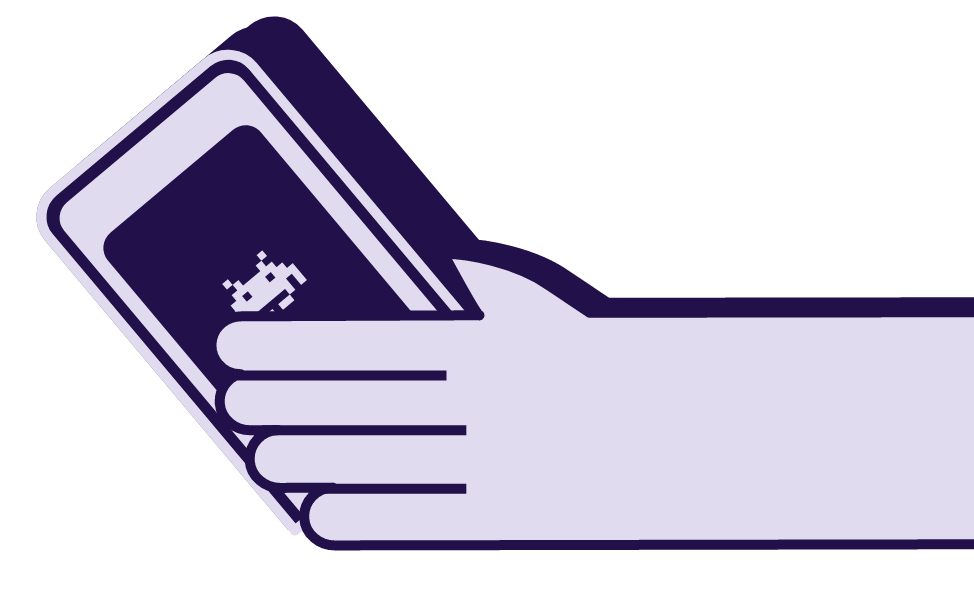

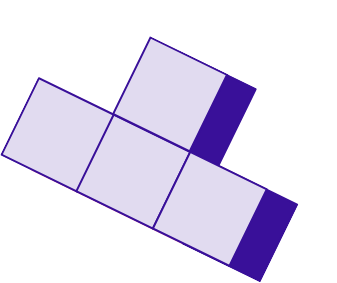

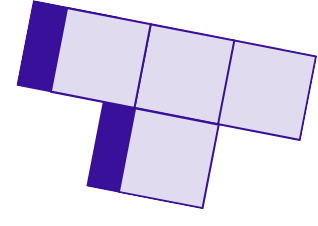

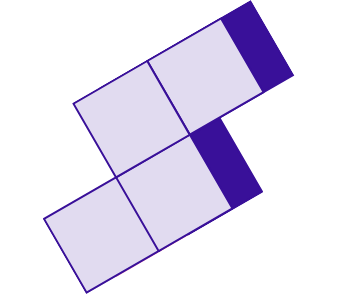










Newsletter
Newsletter
Stay up to date with the
latest INDIGO News!







Partners
